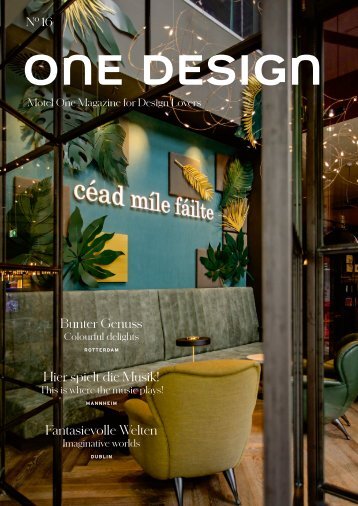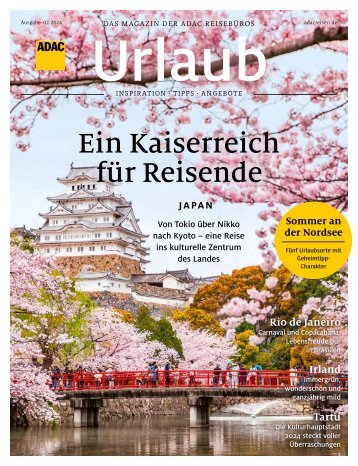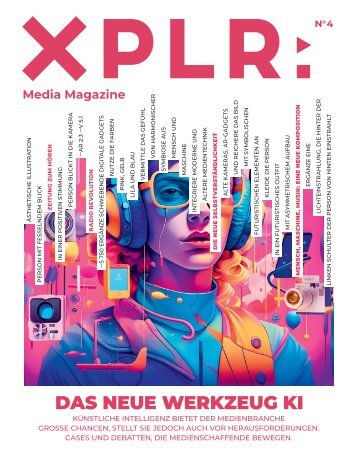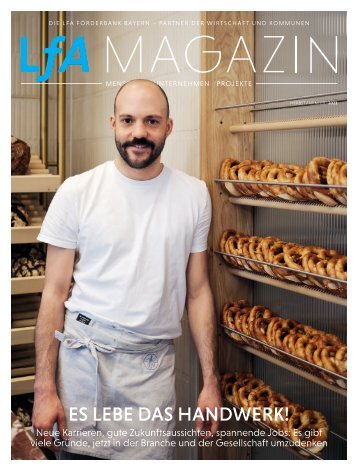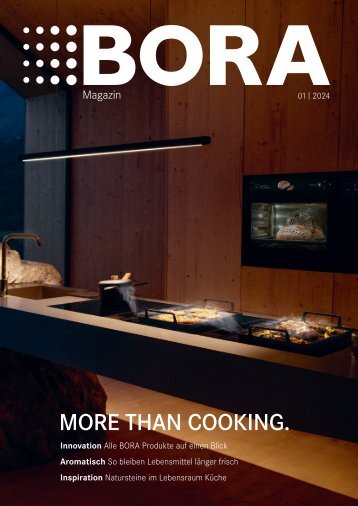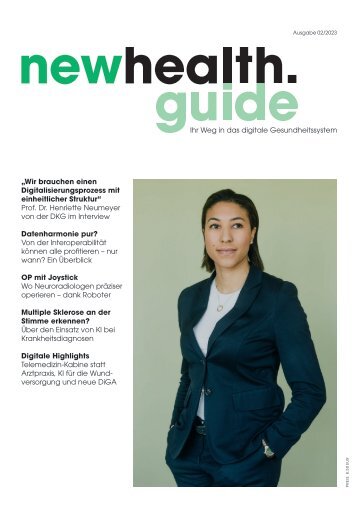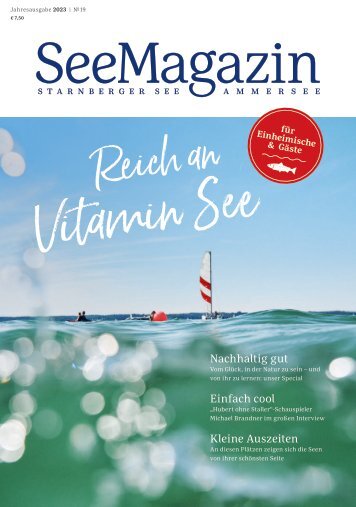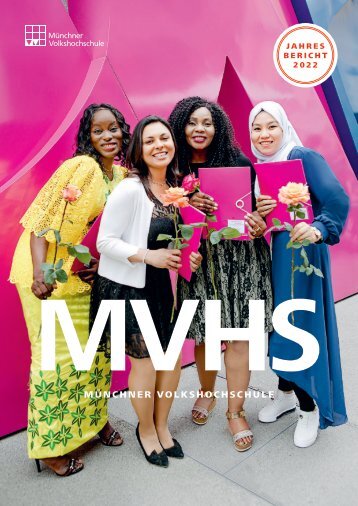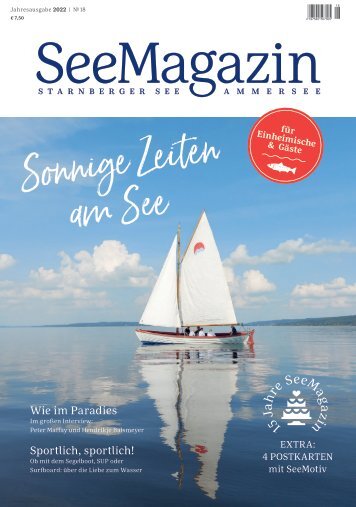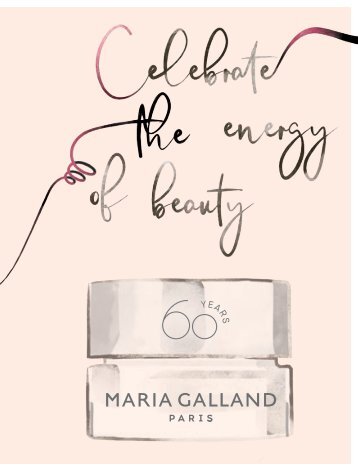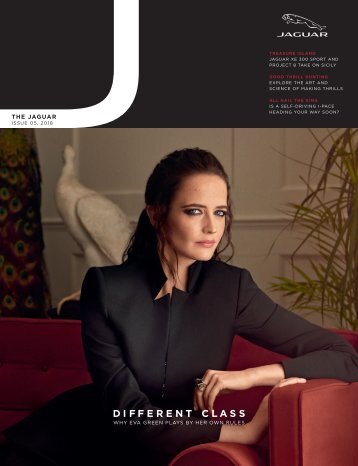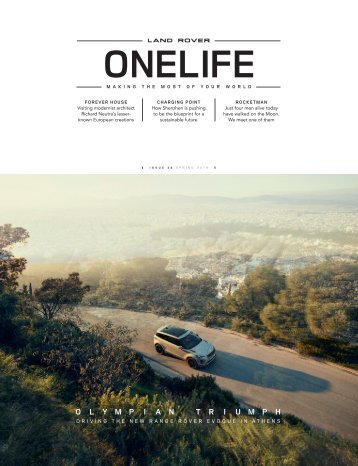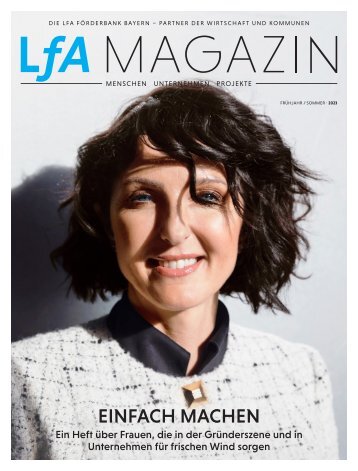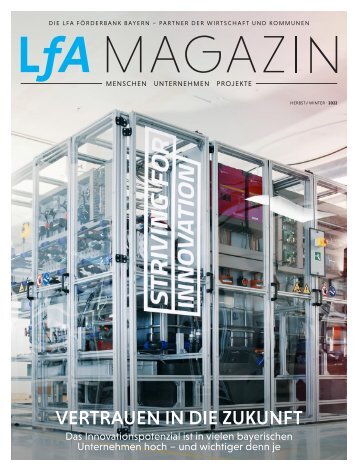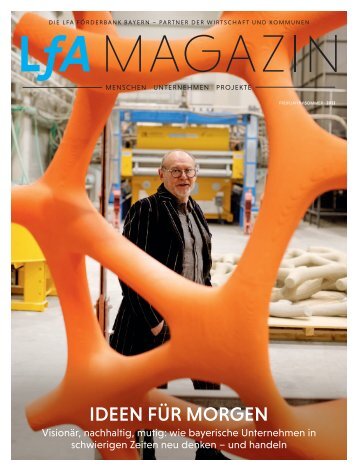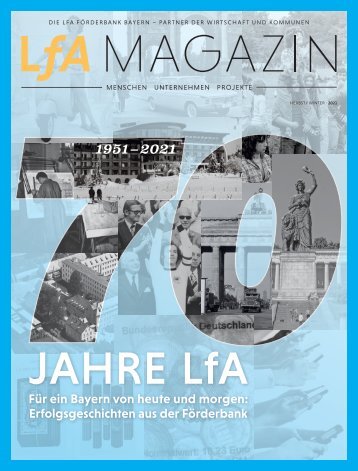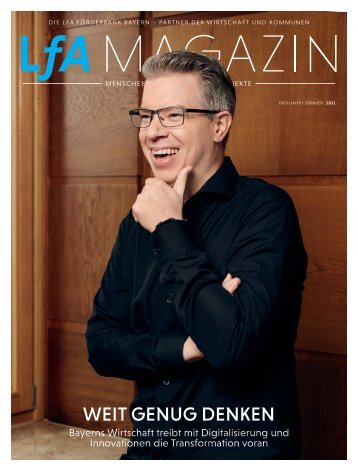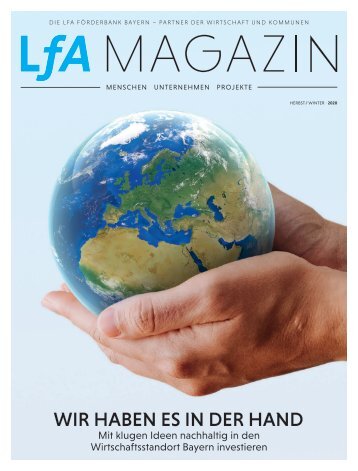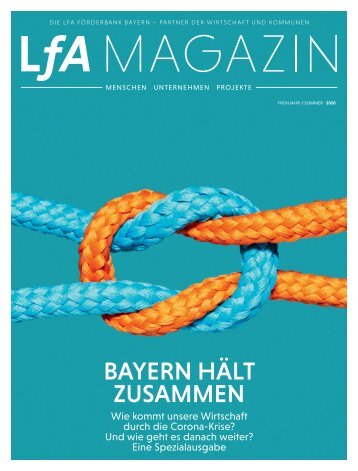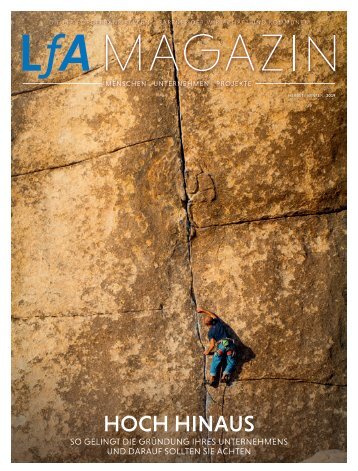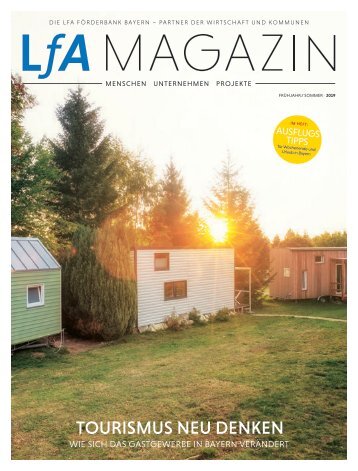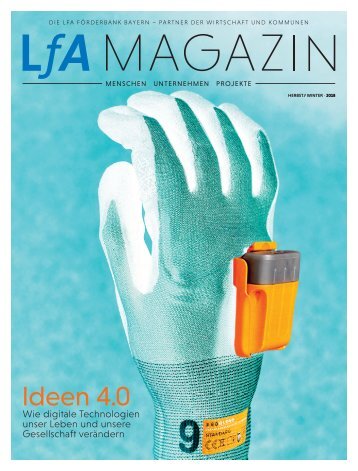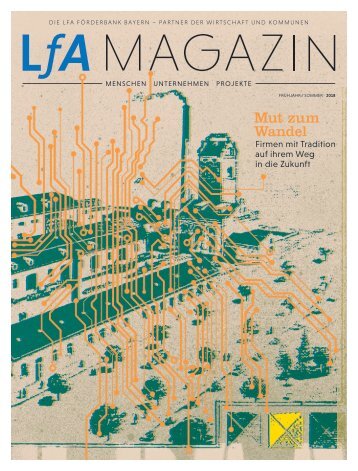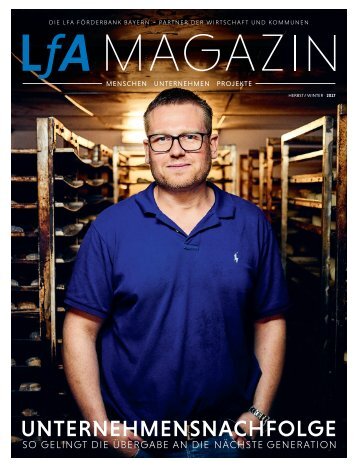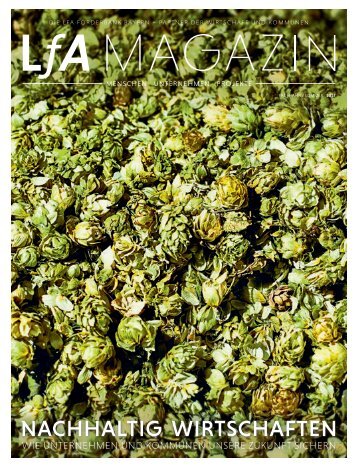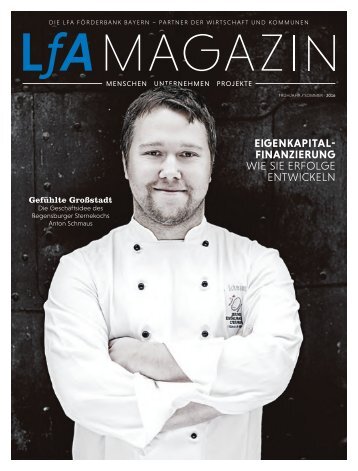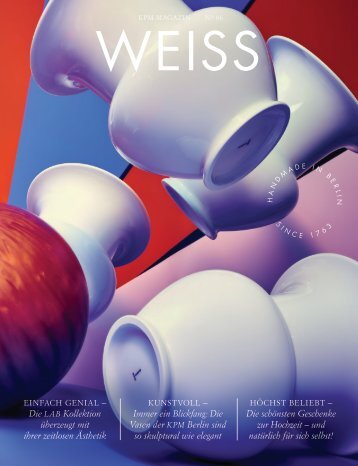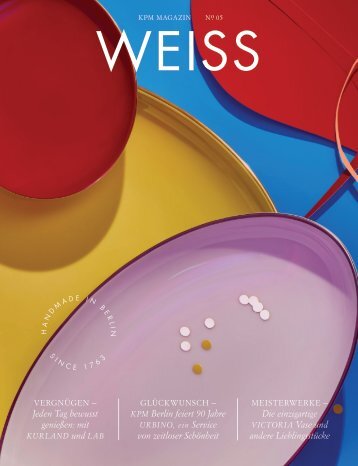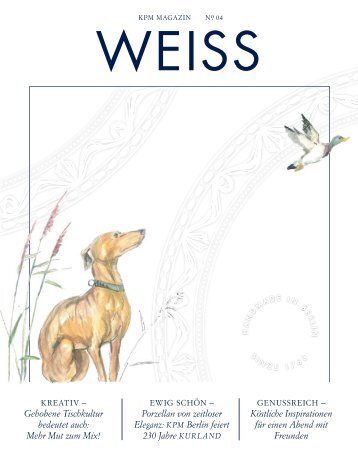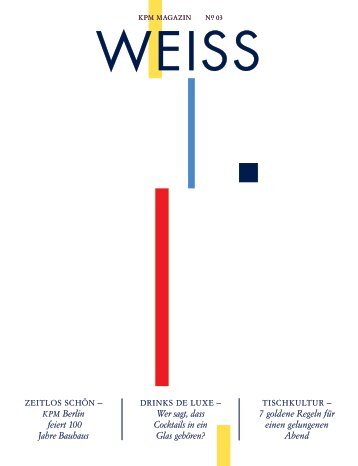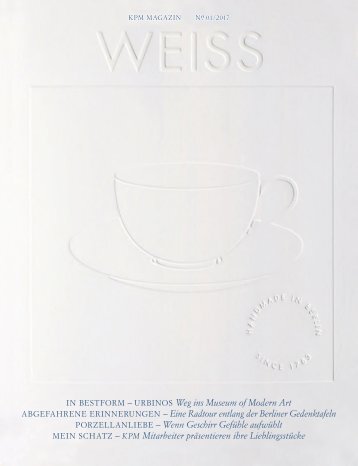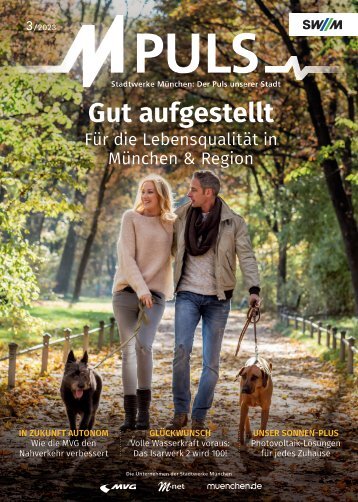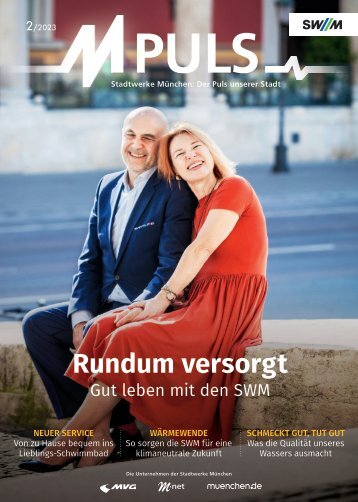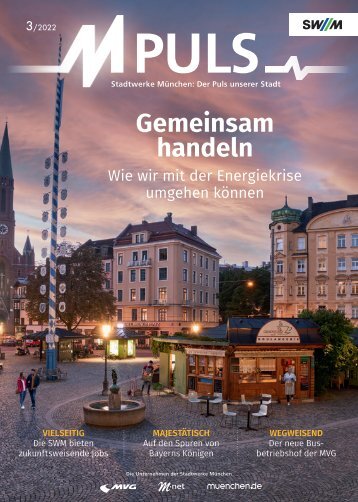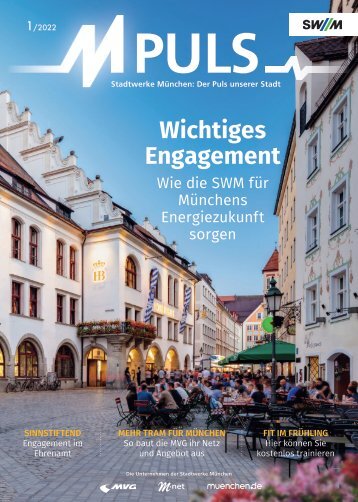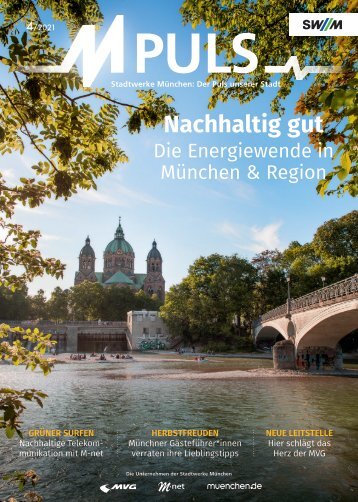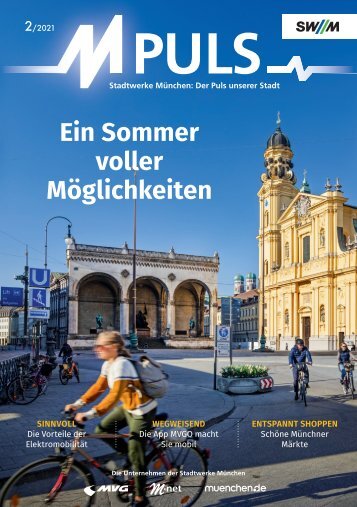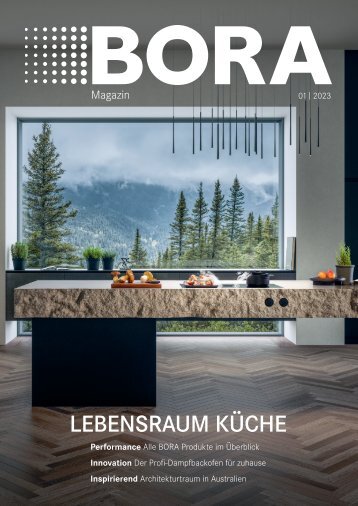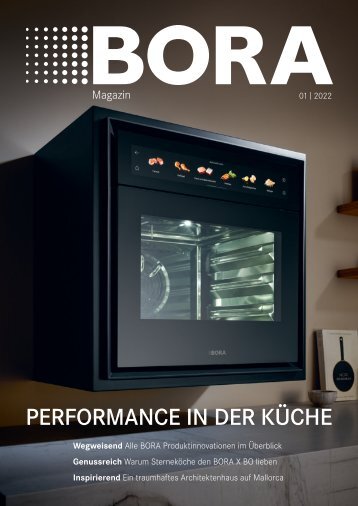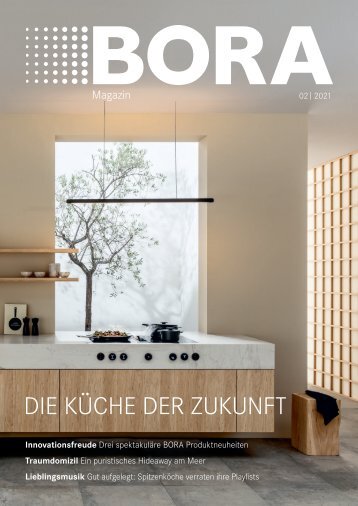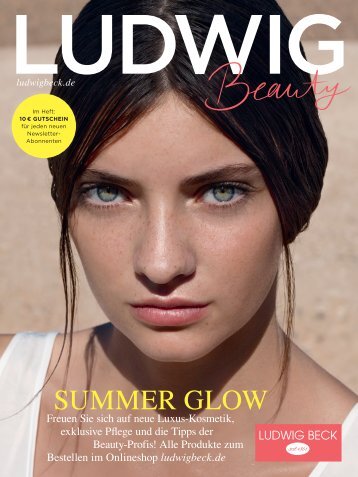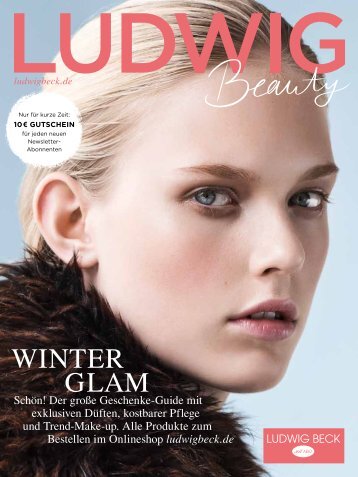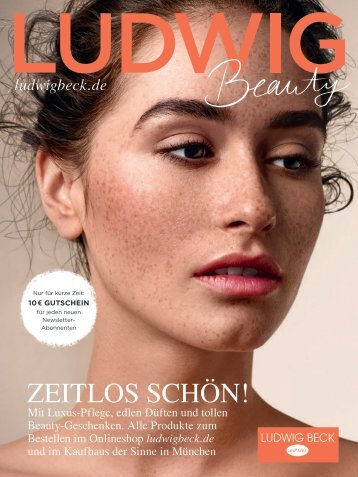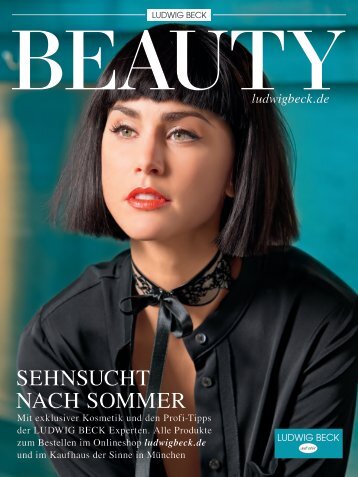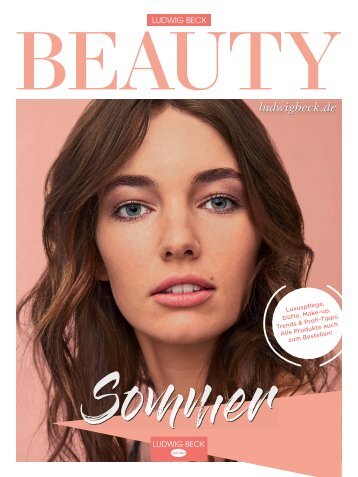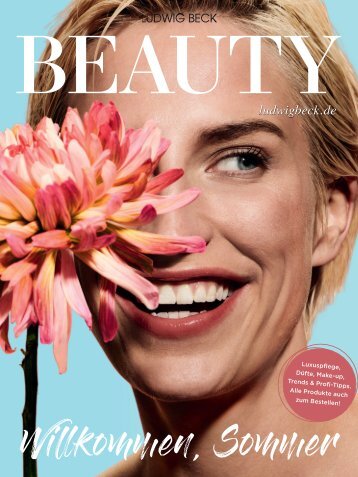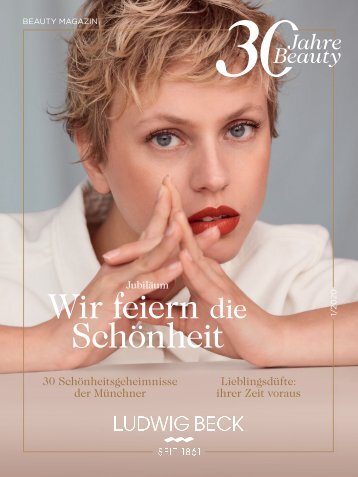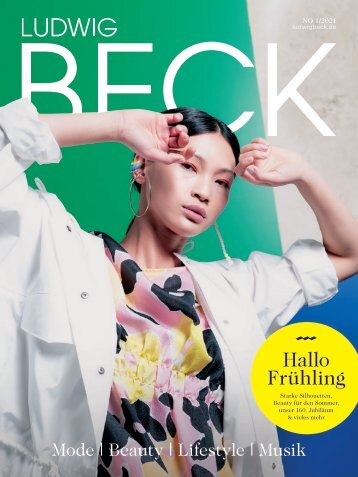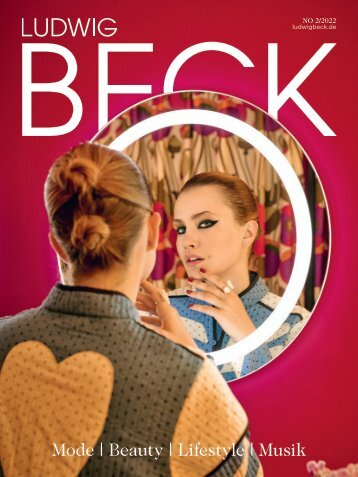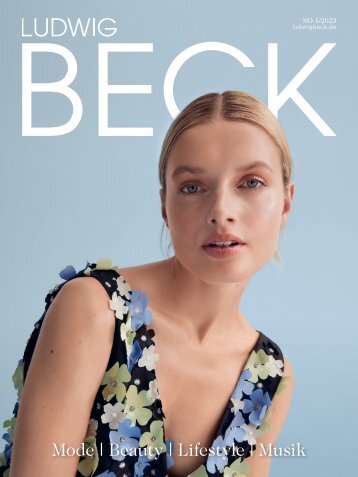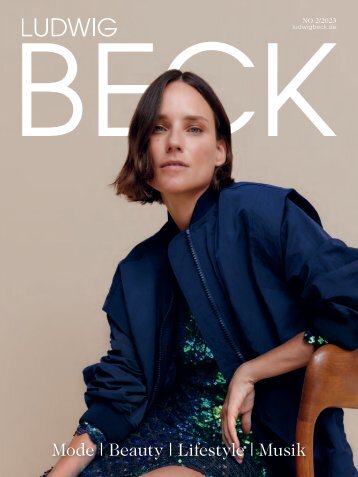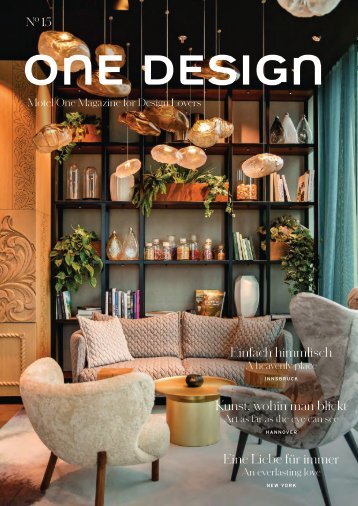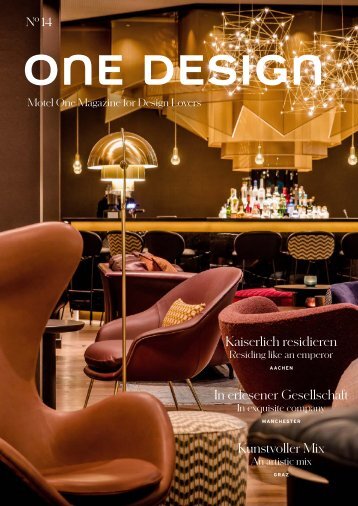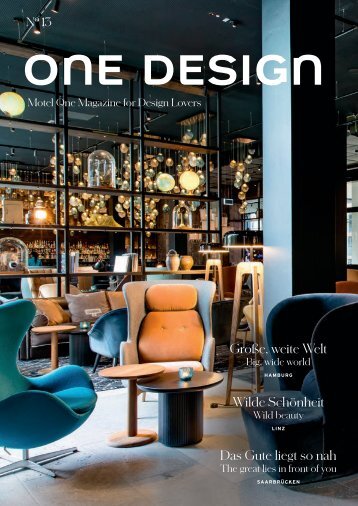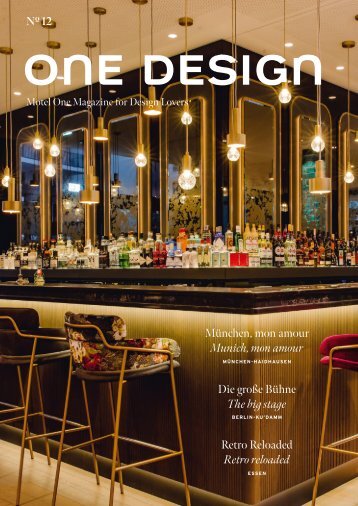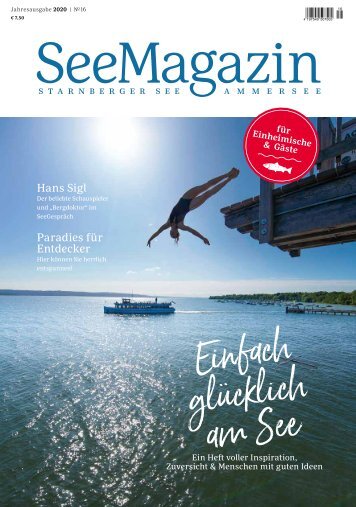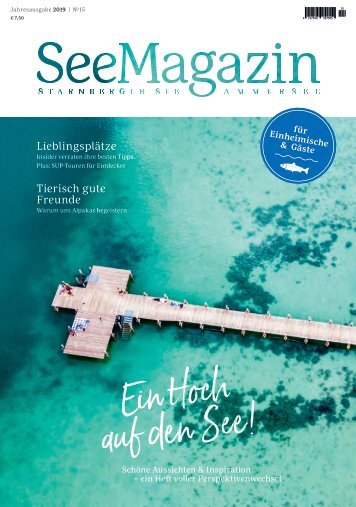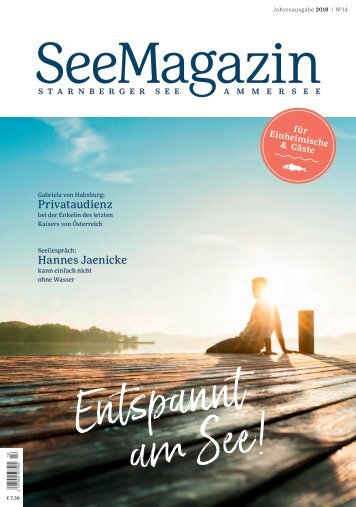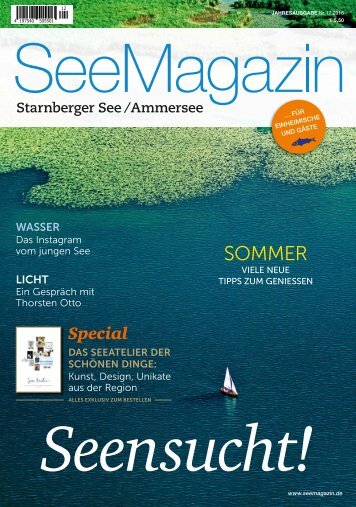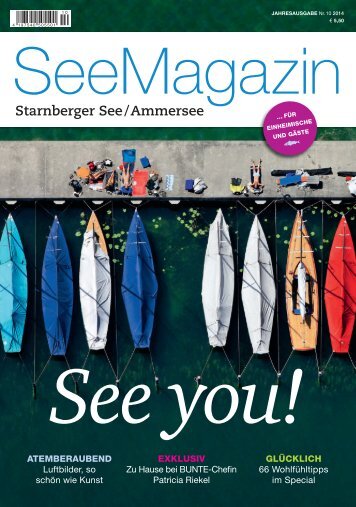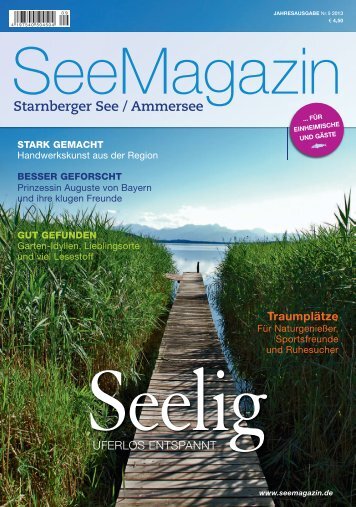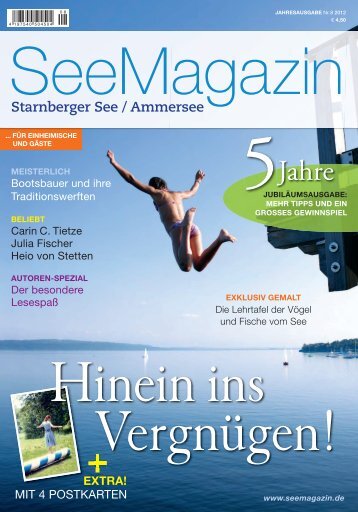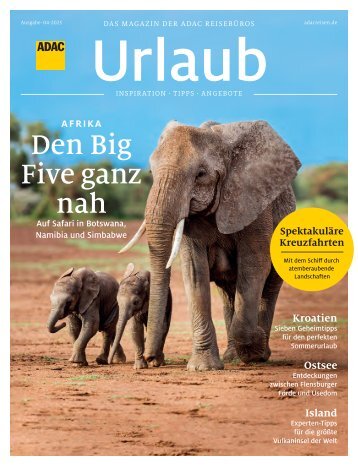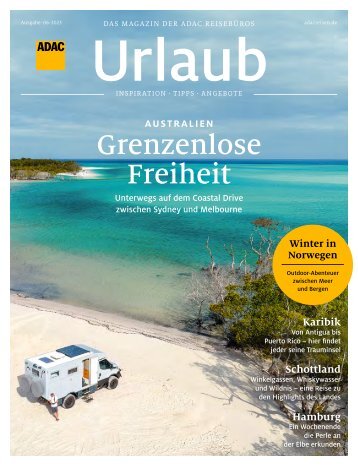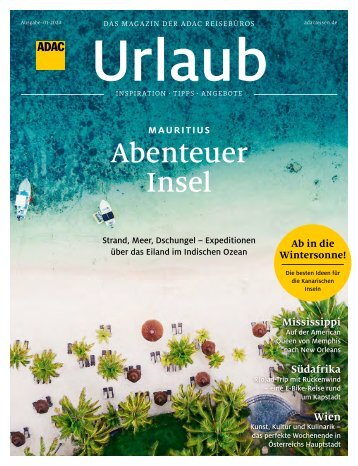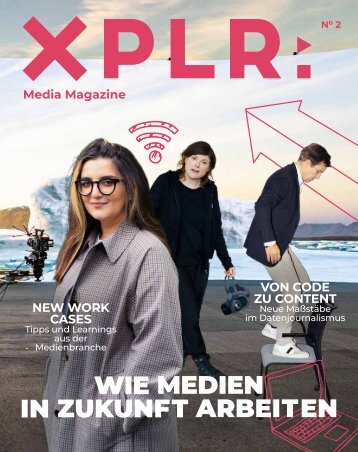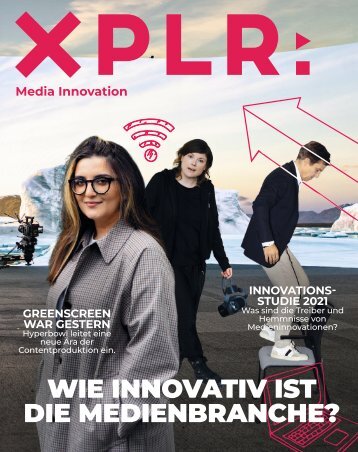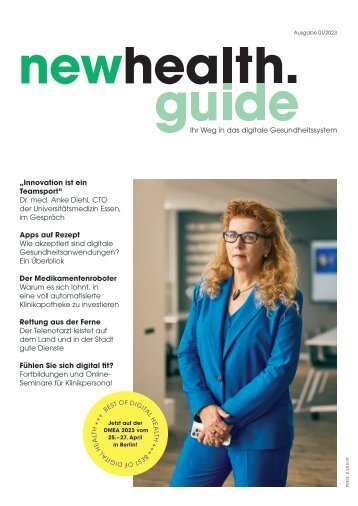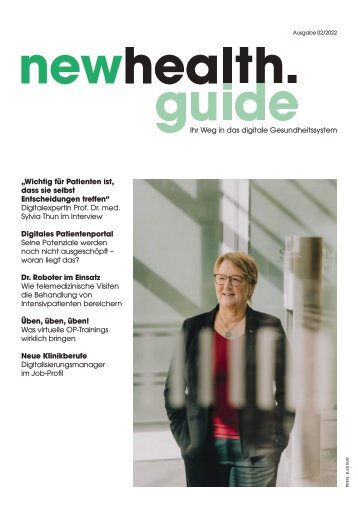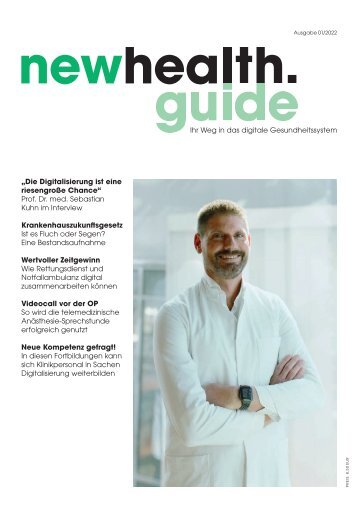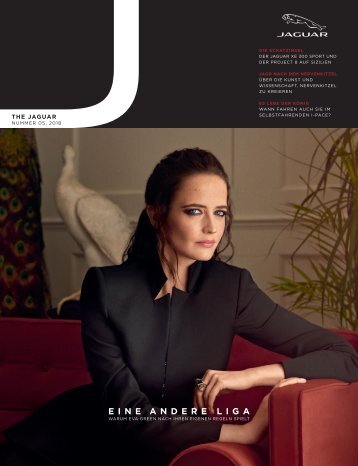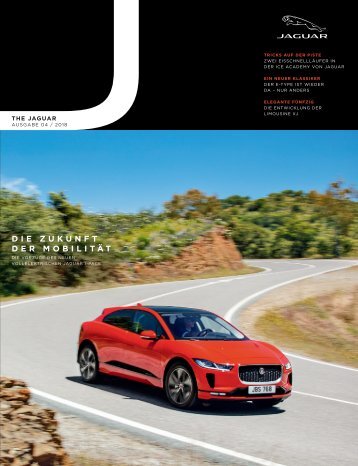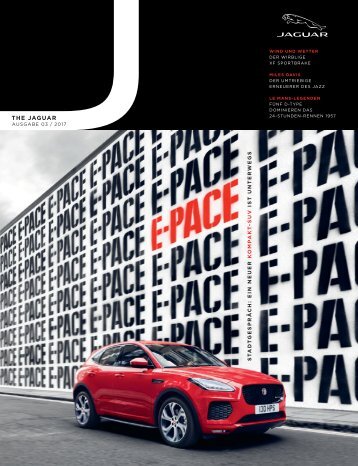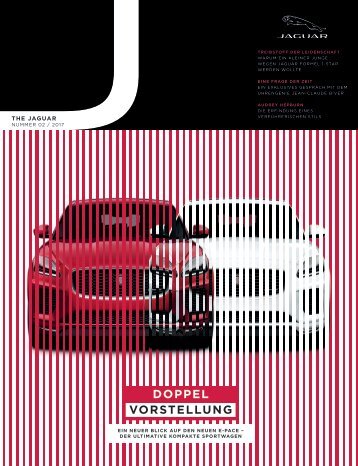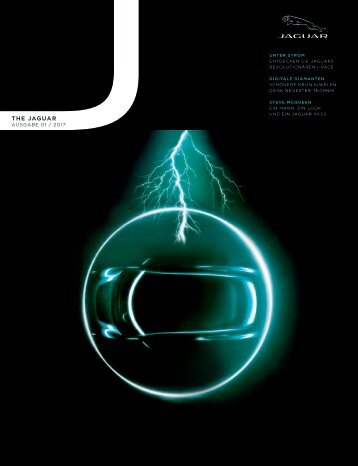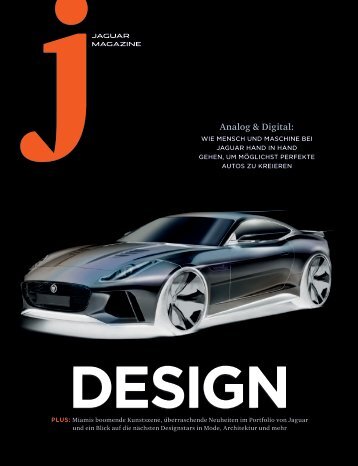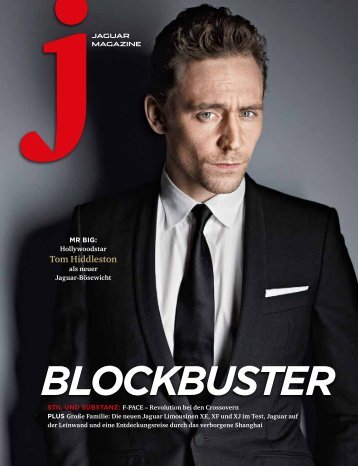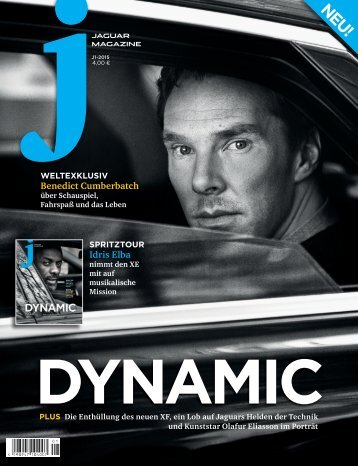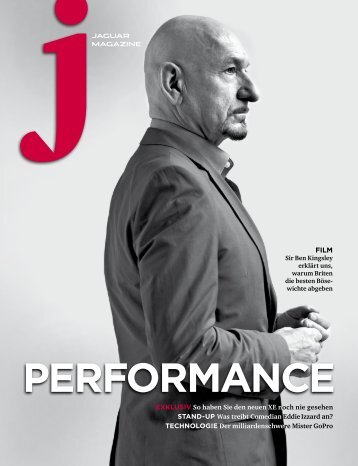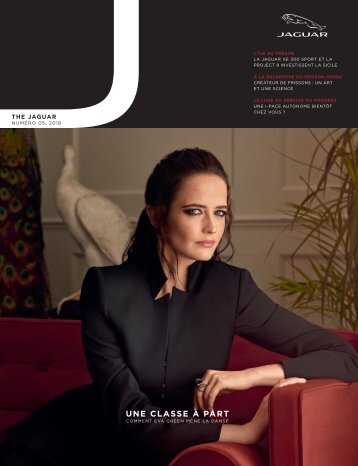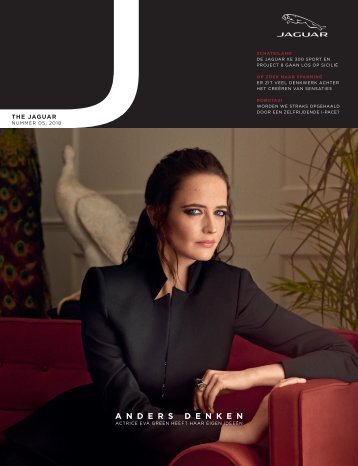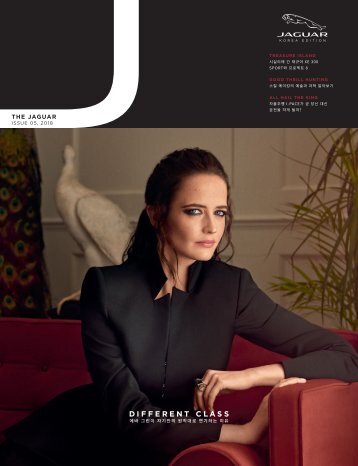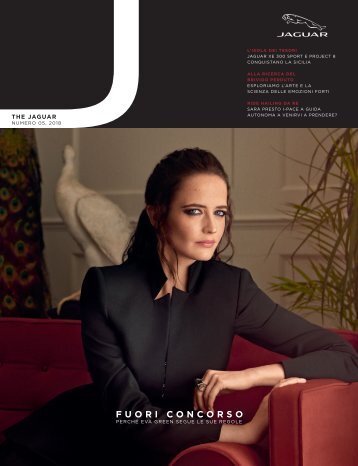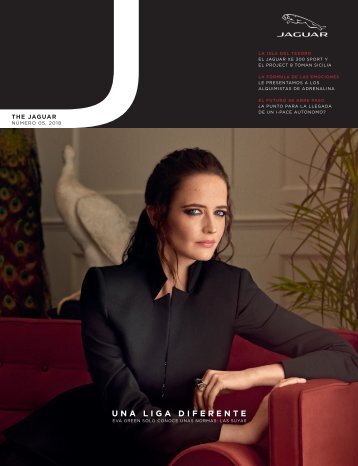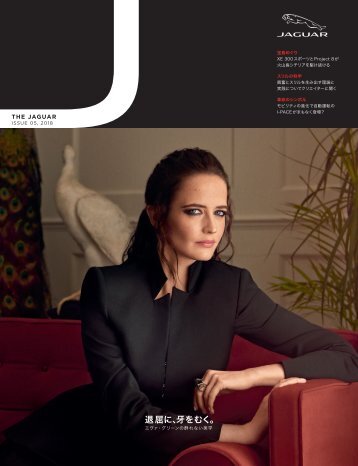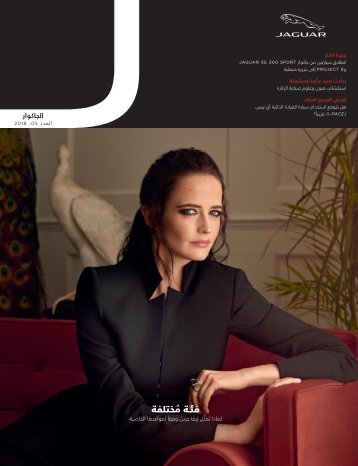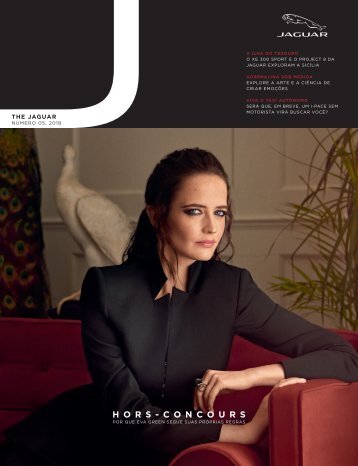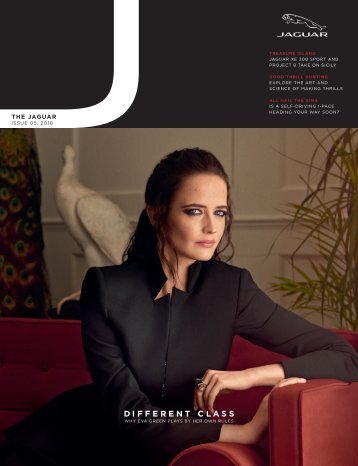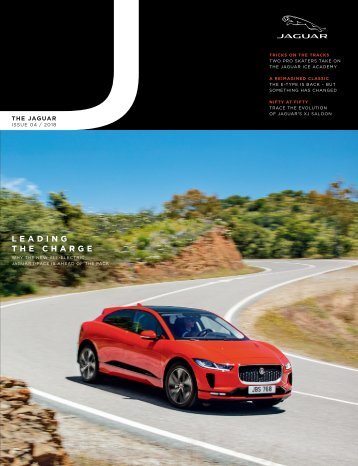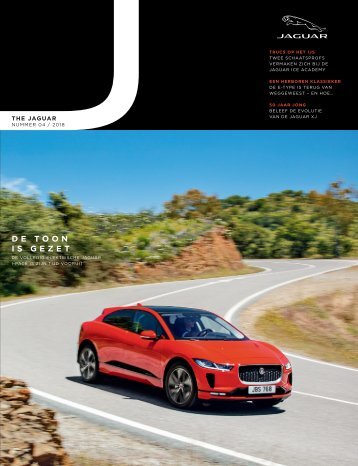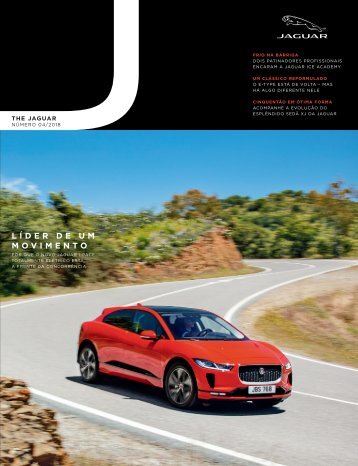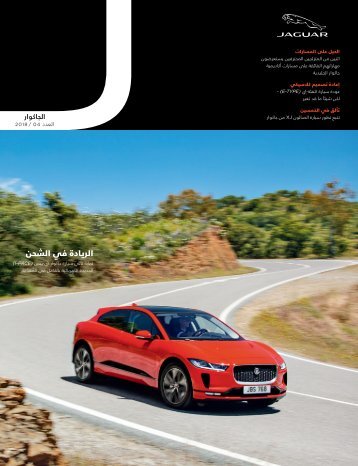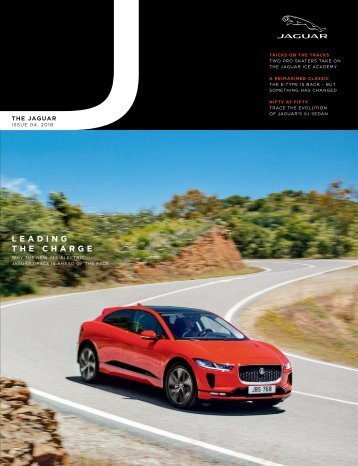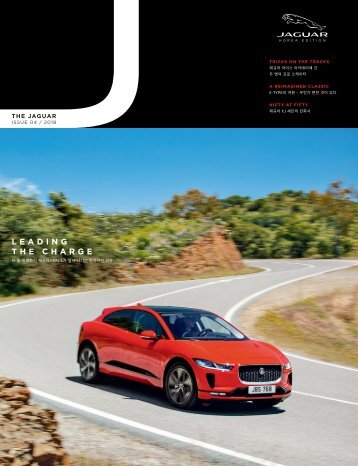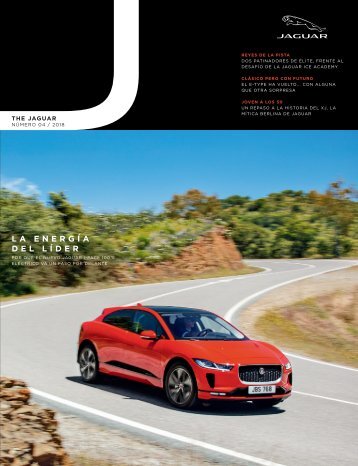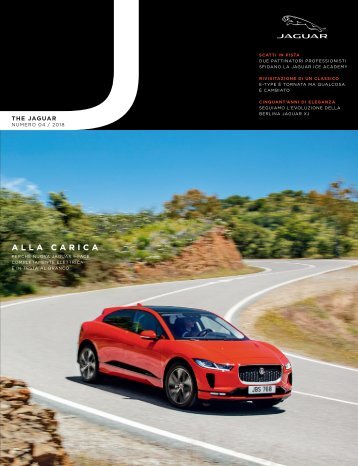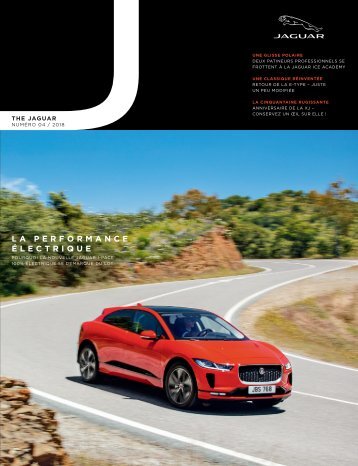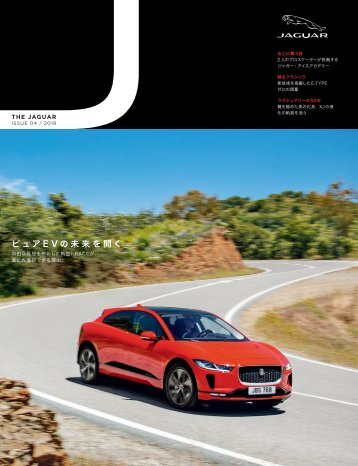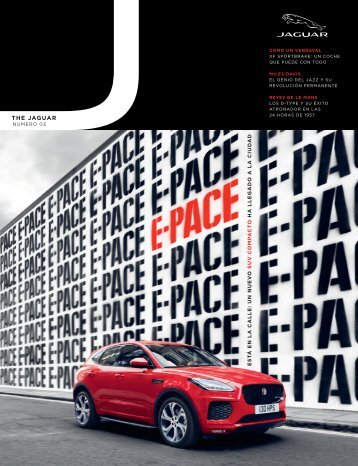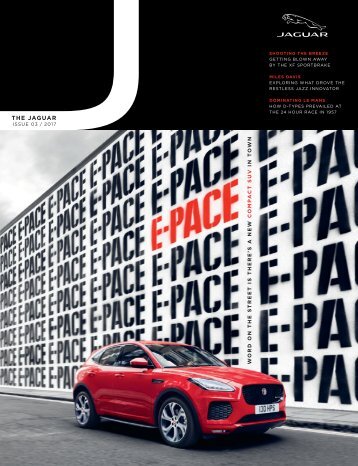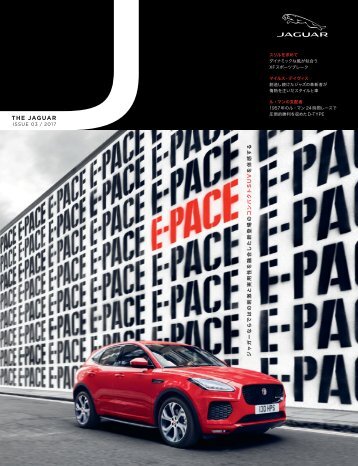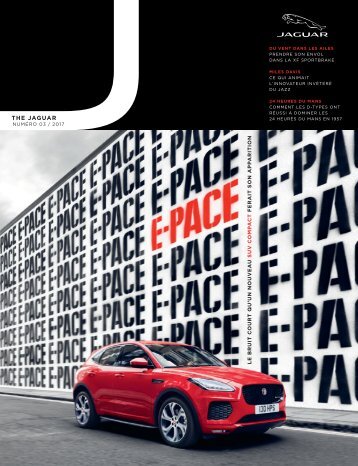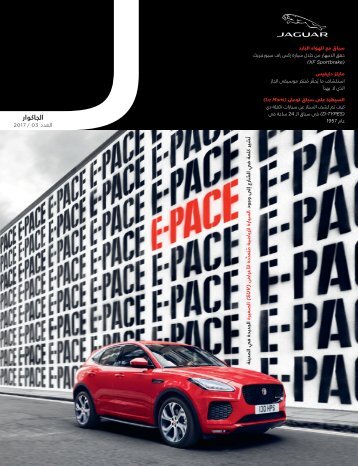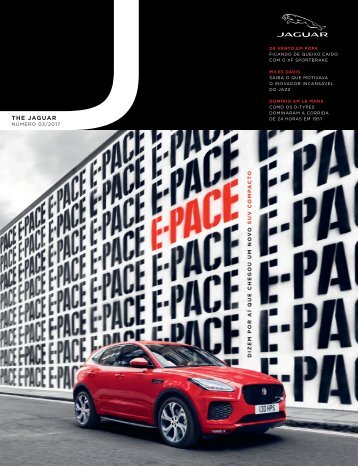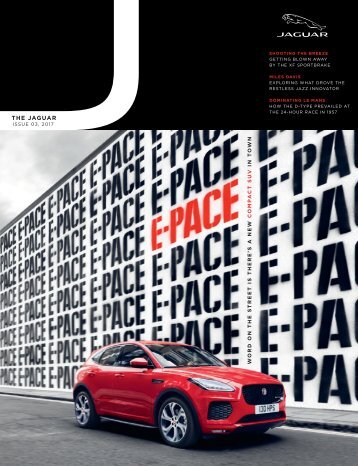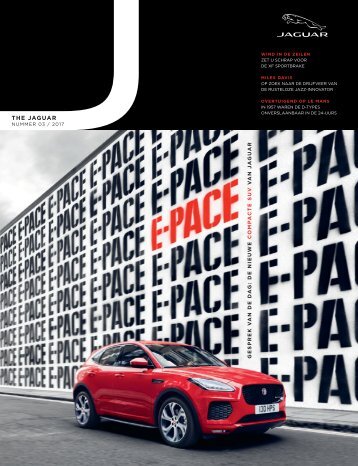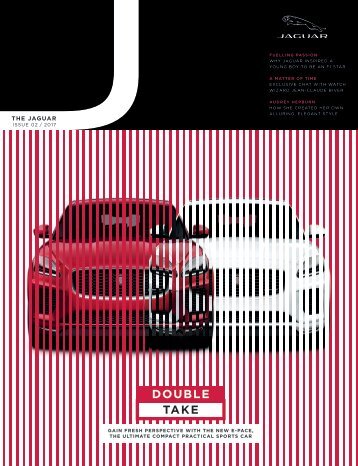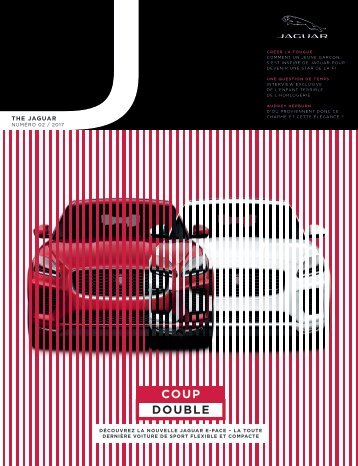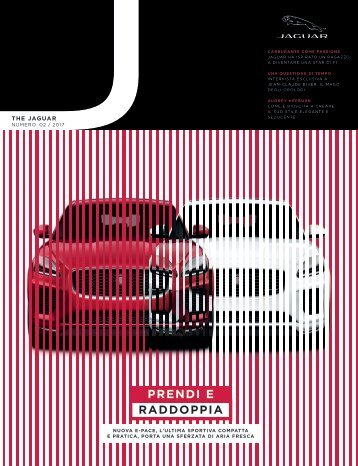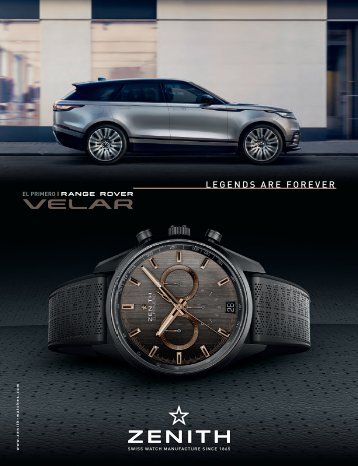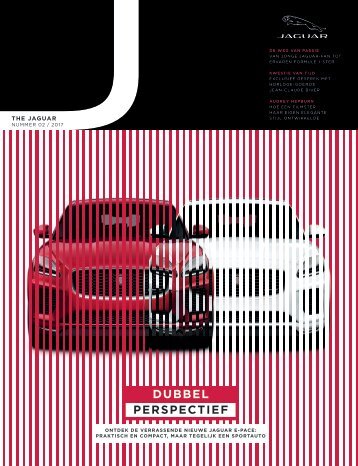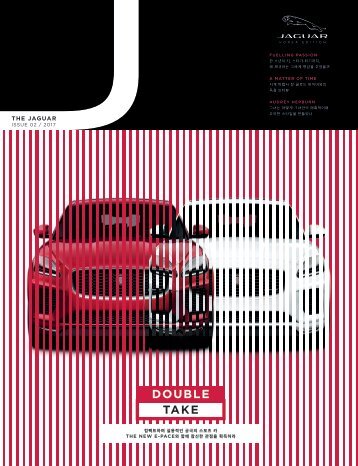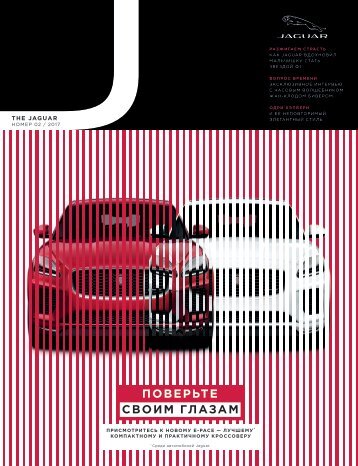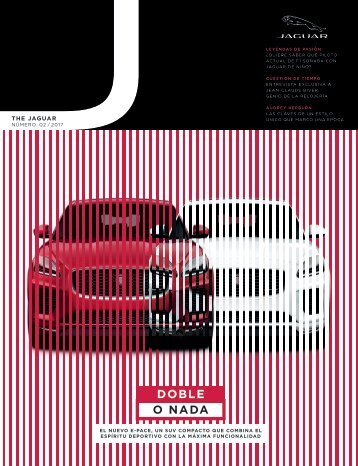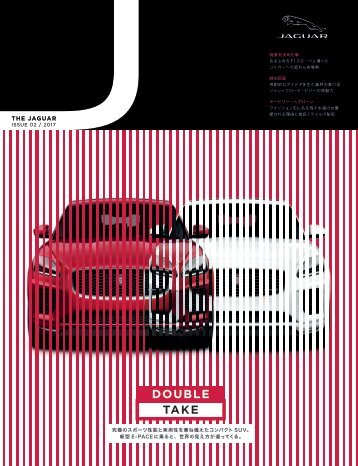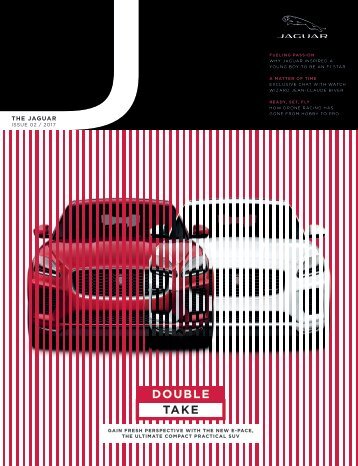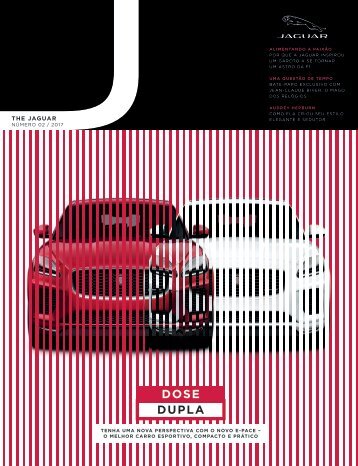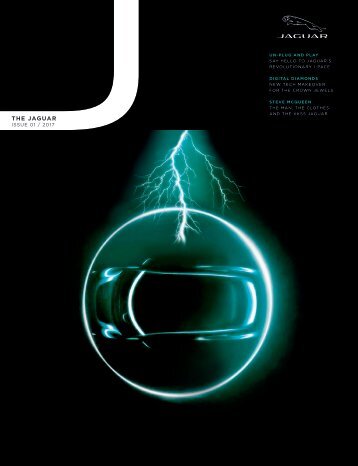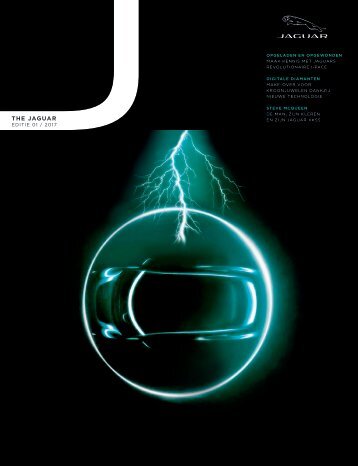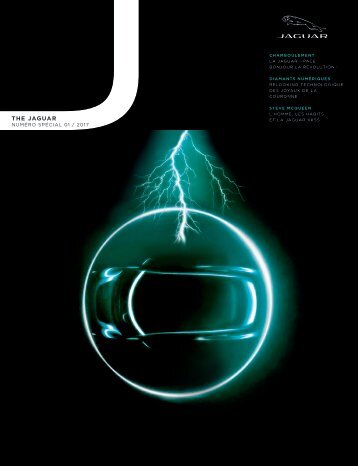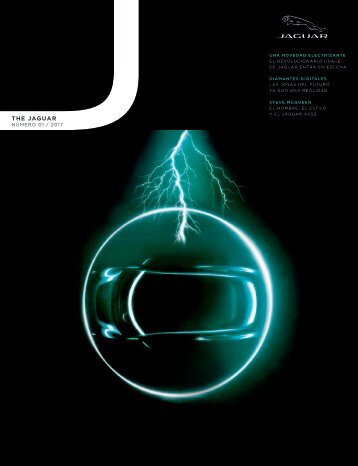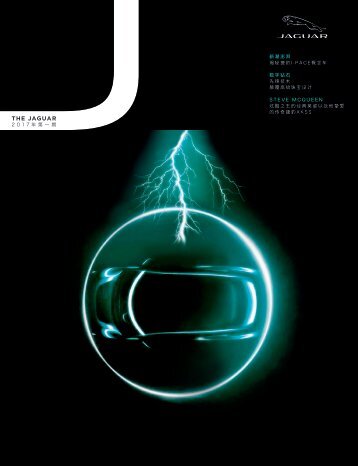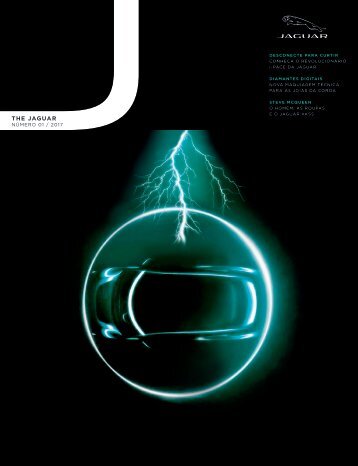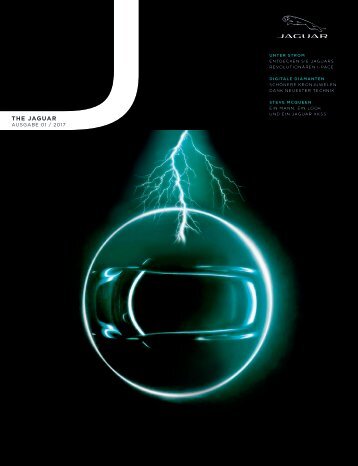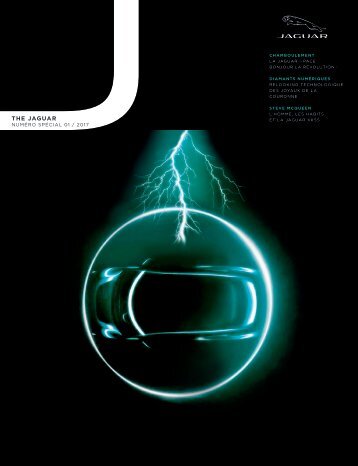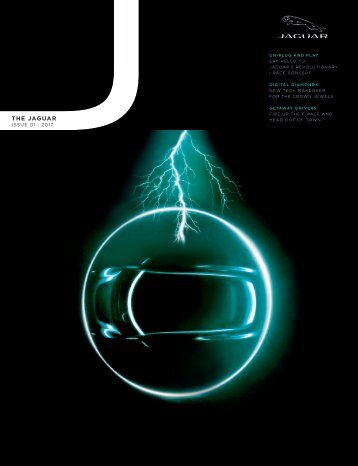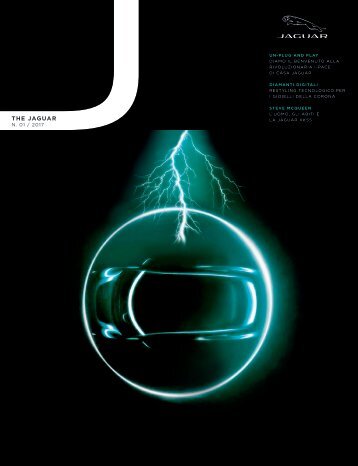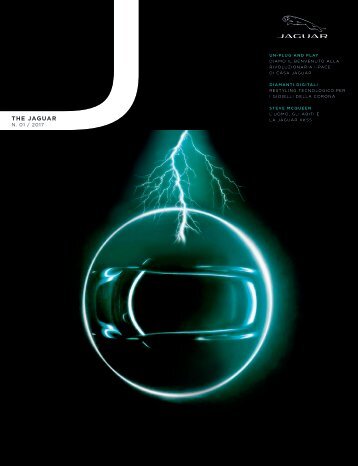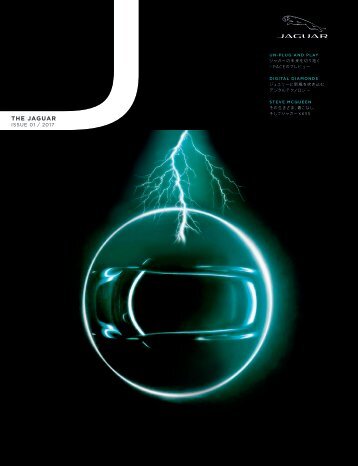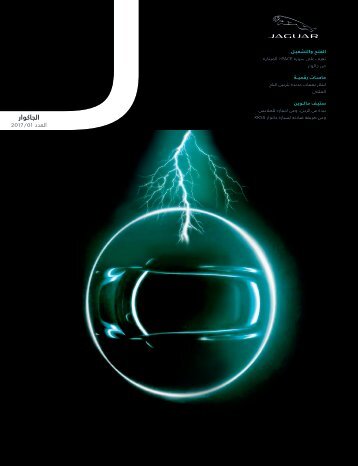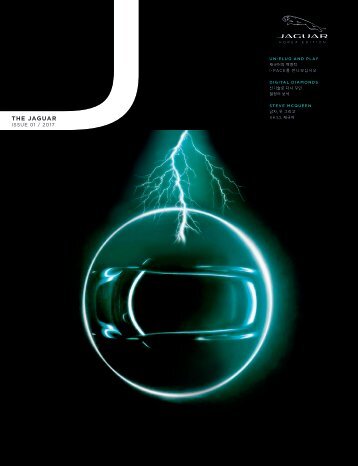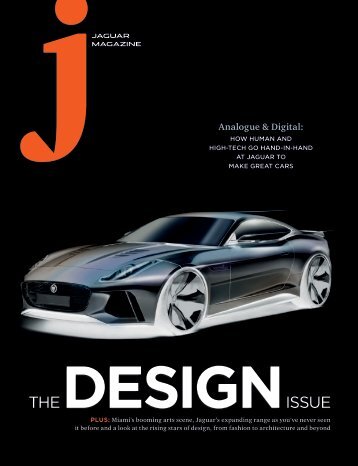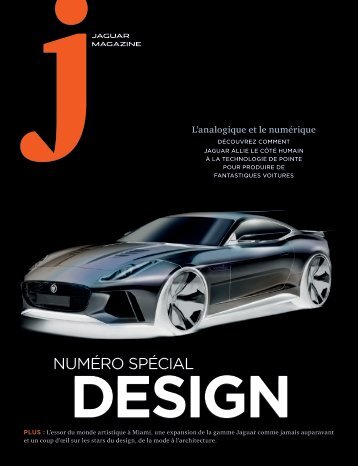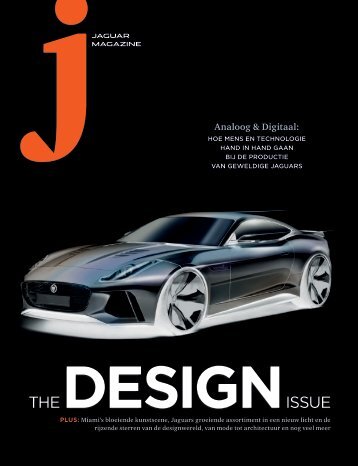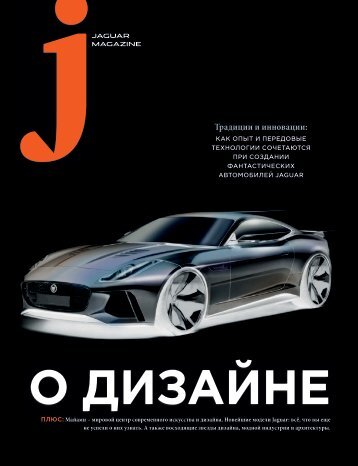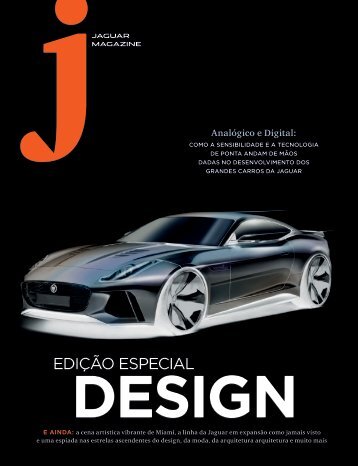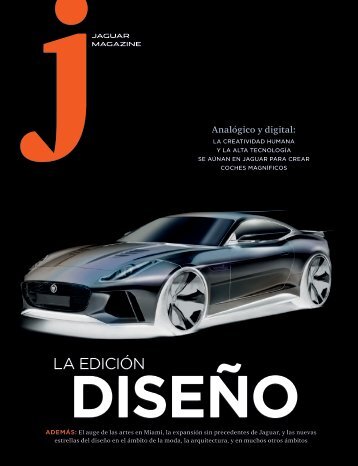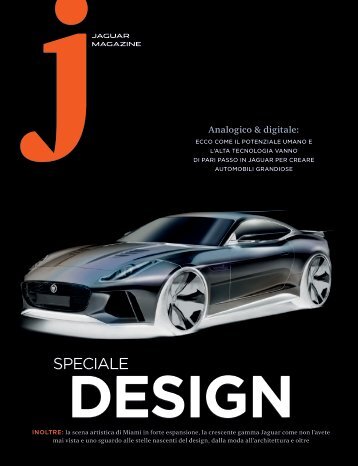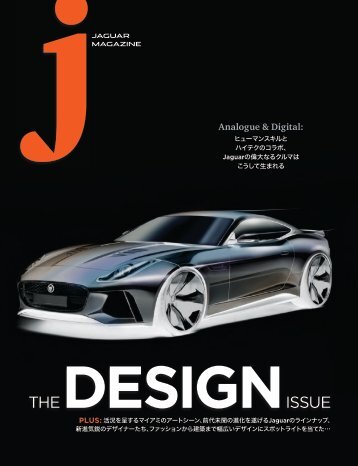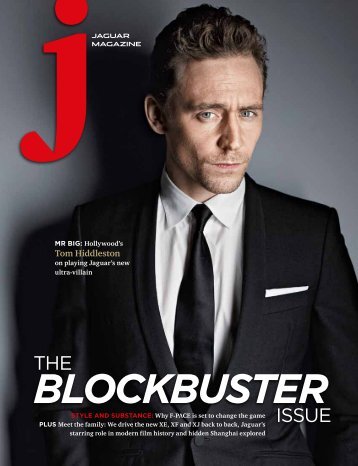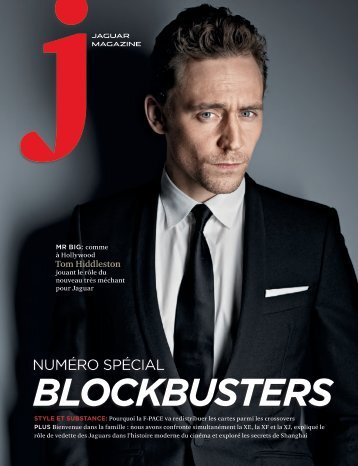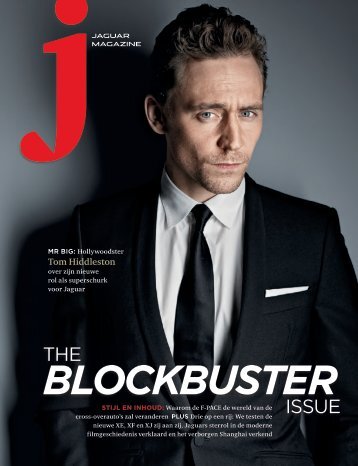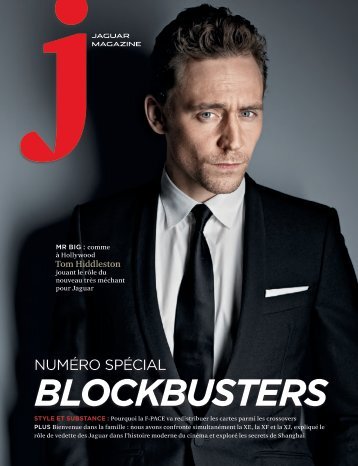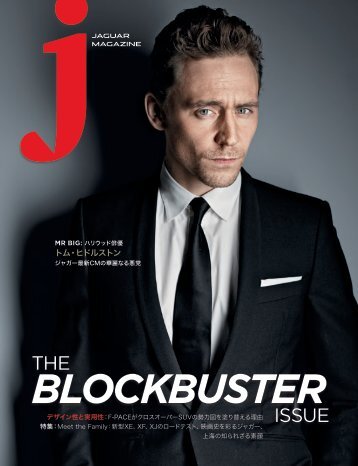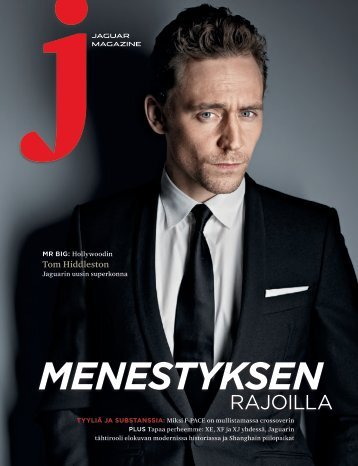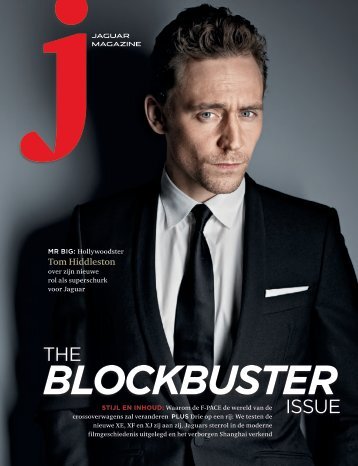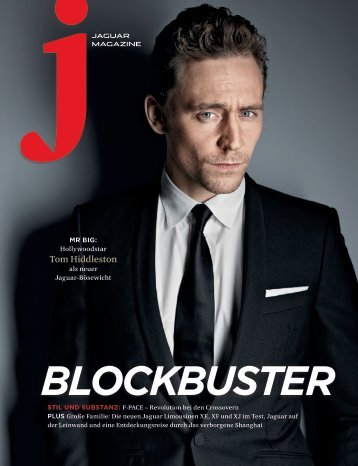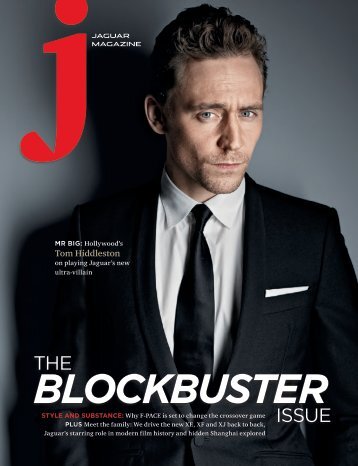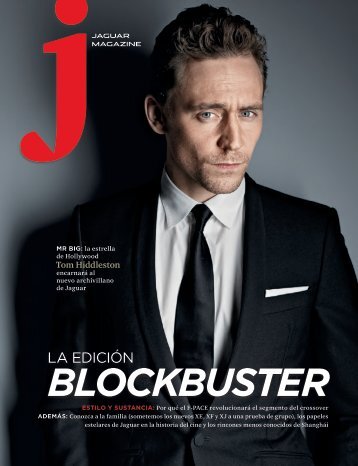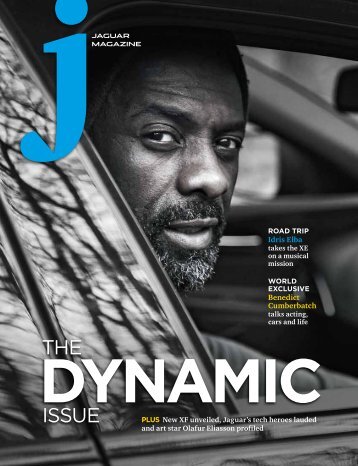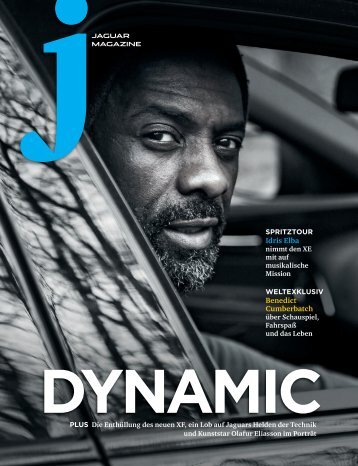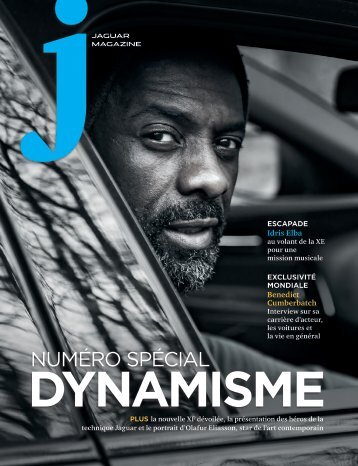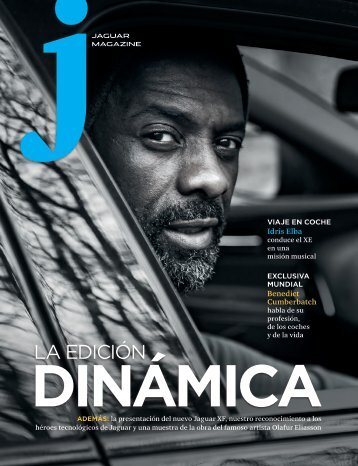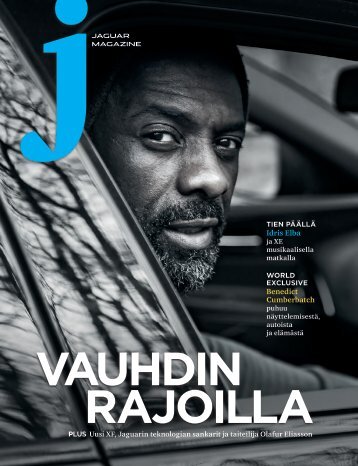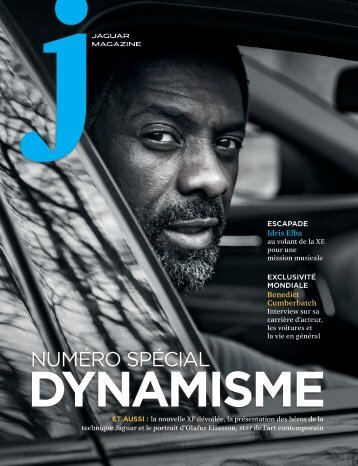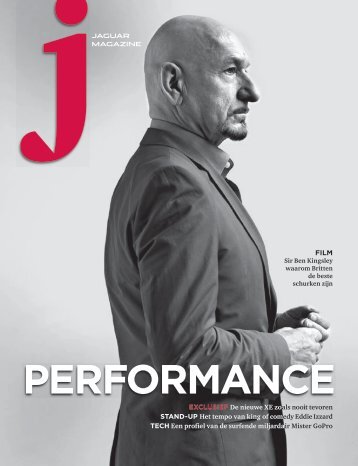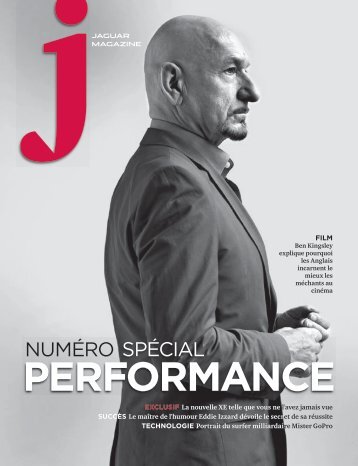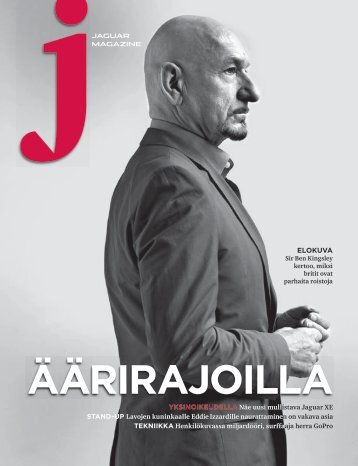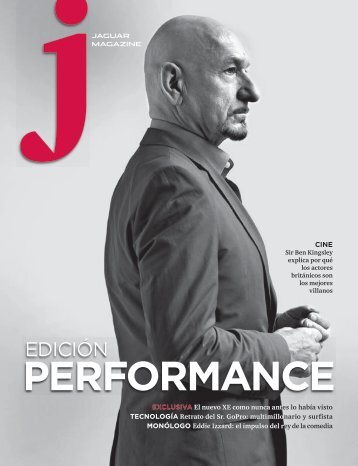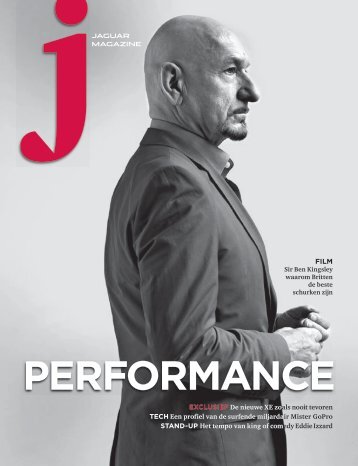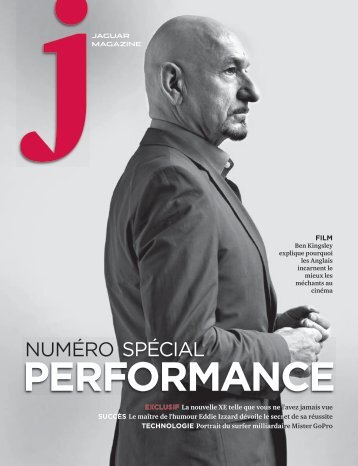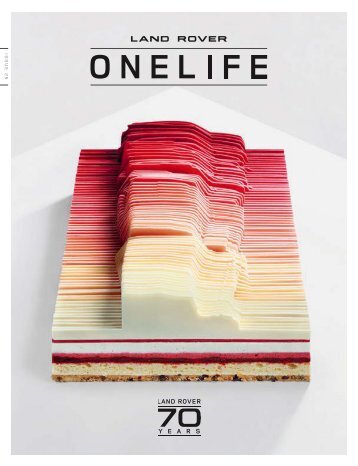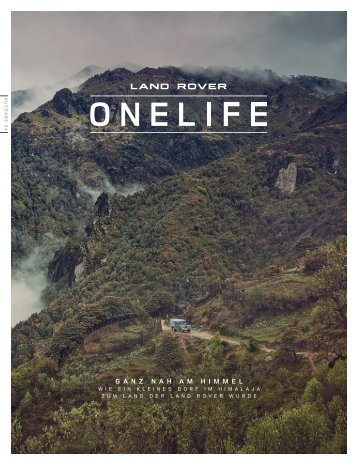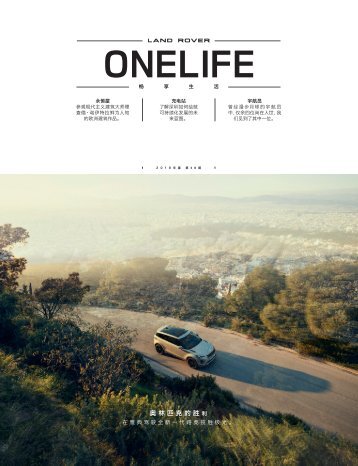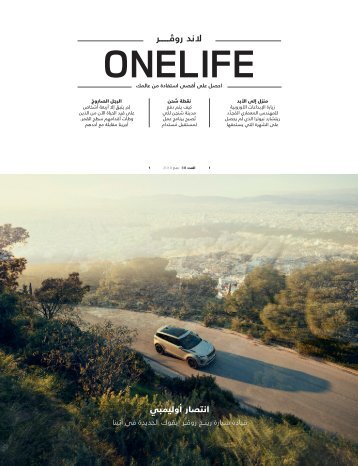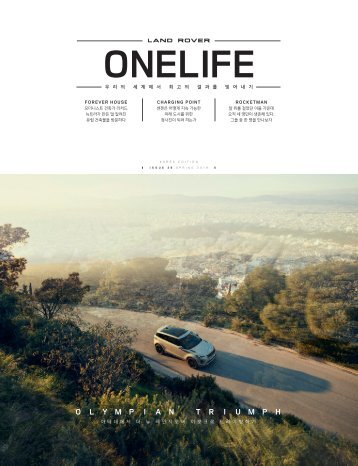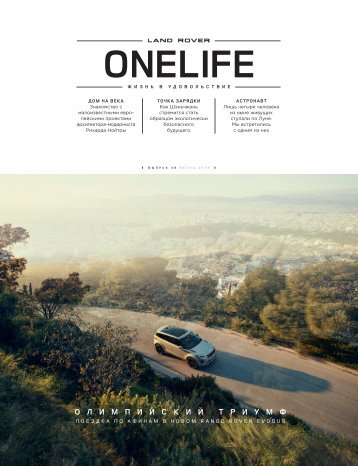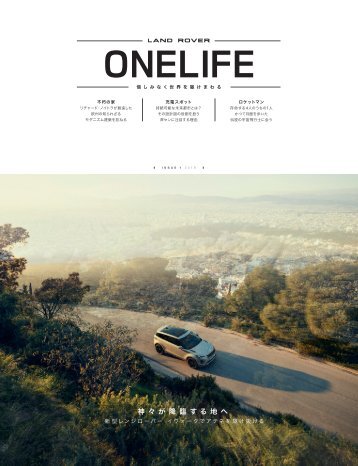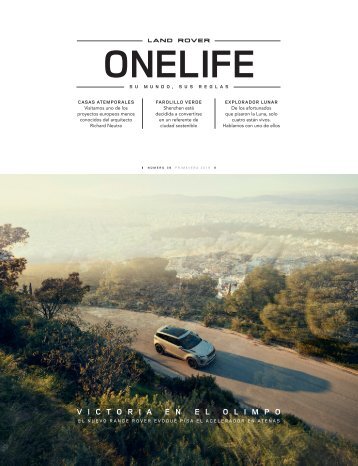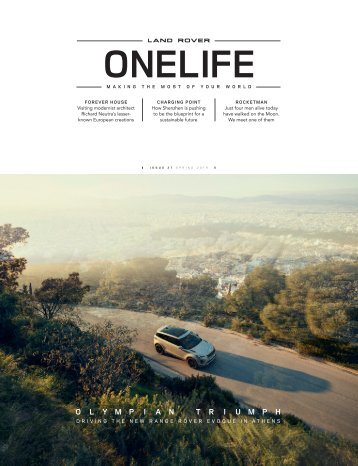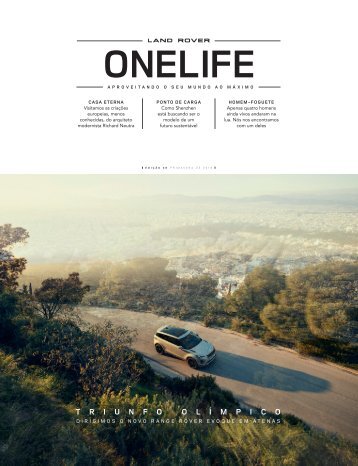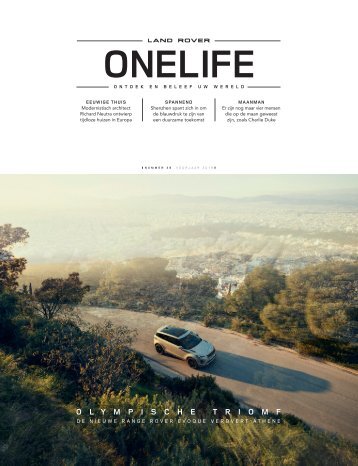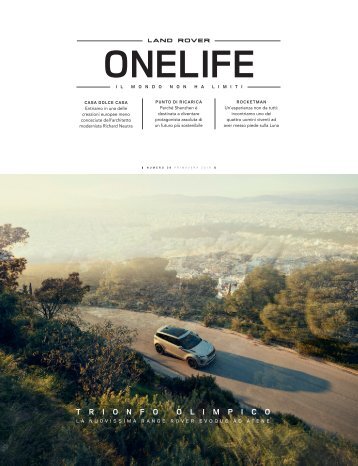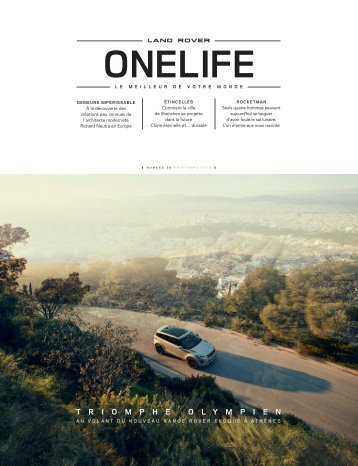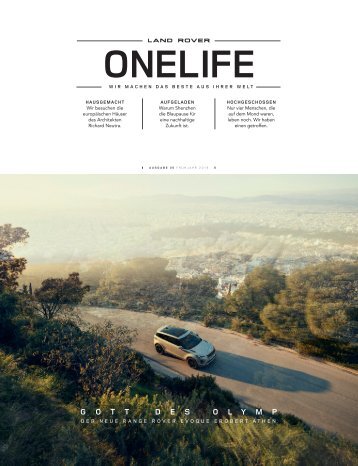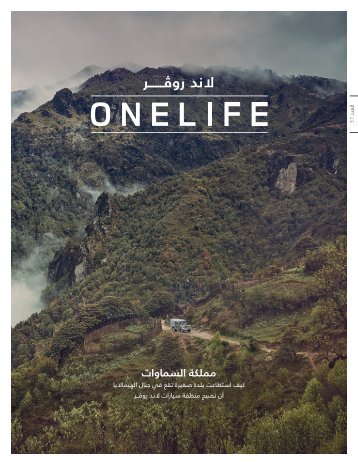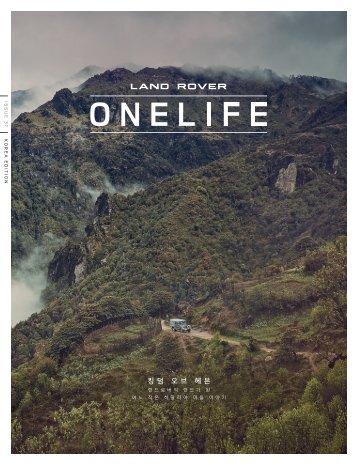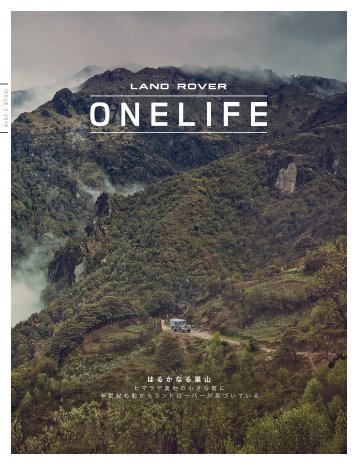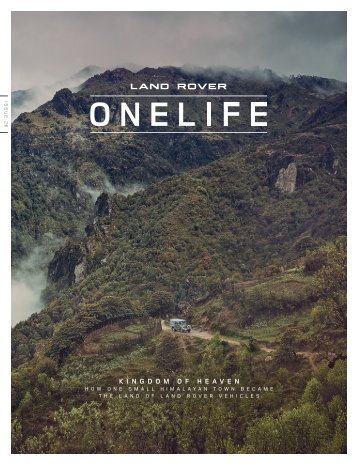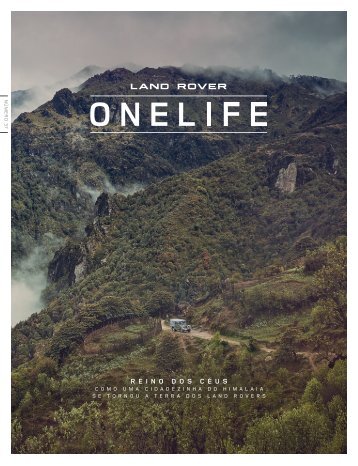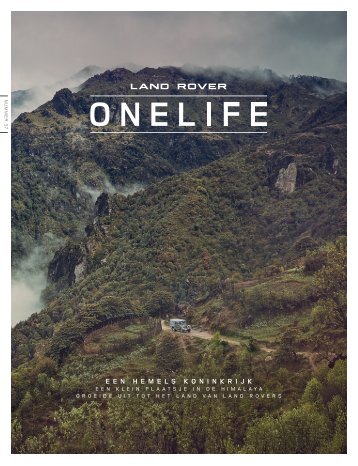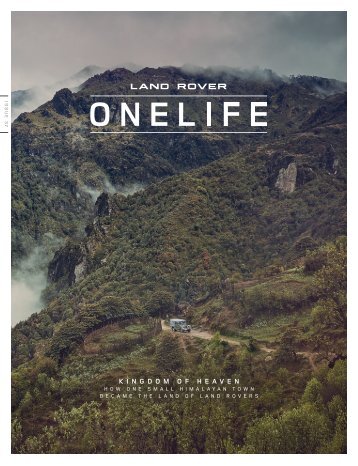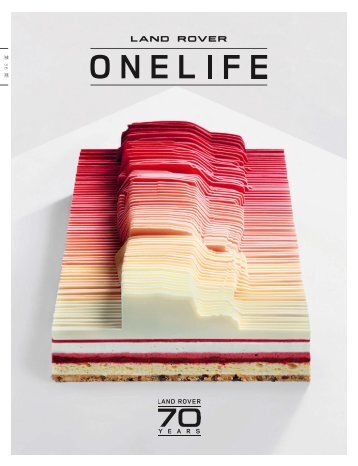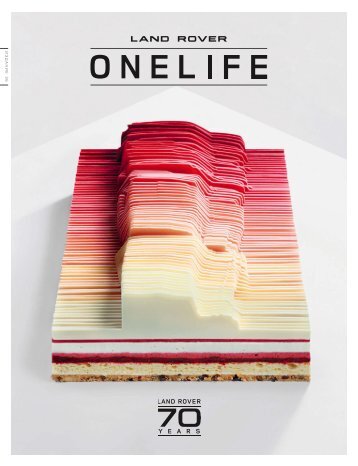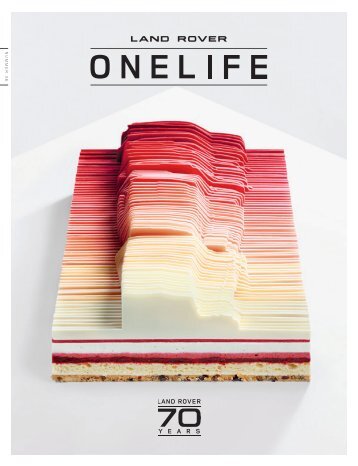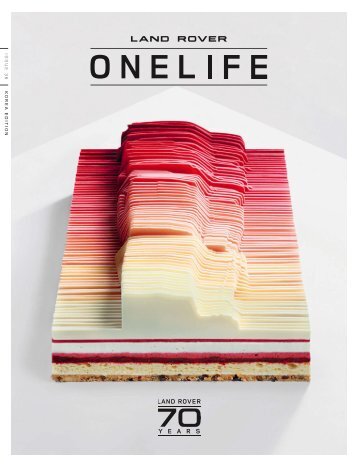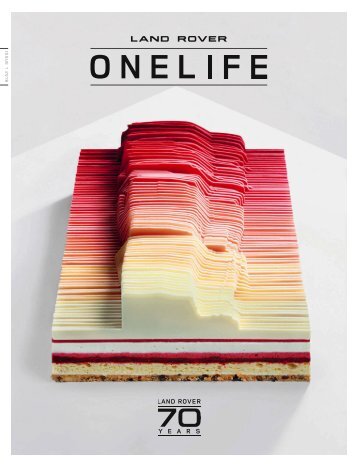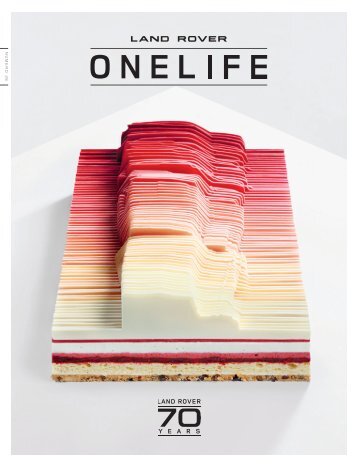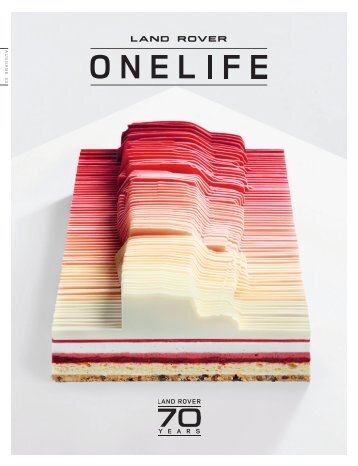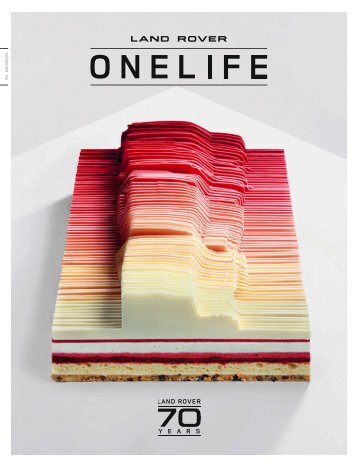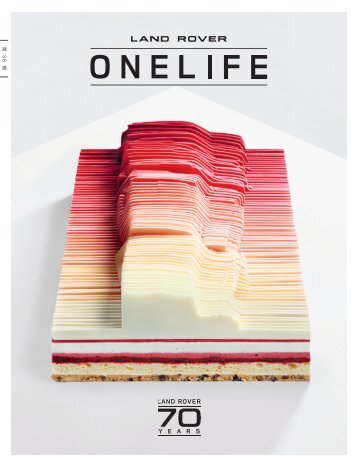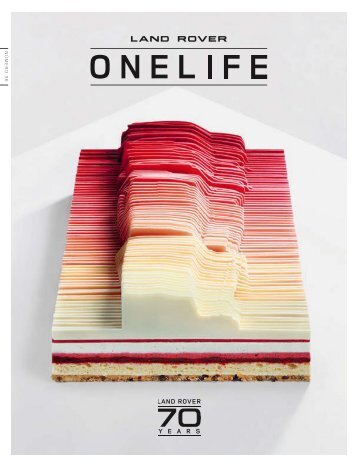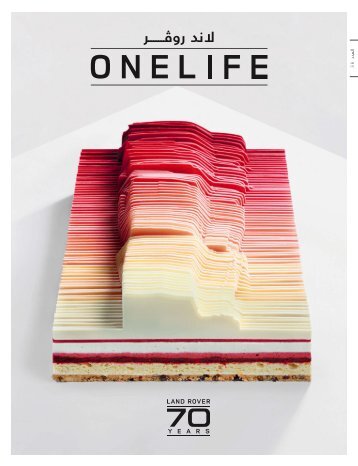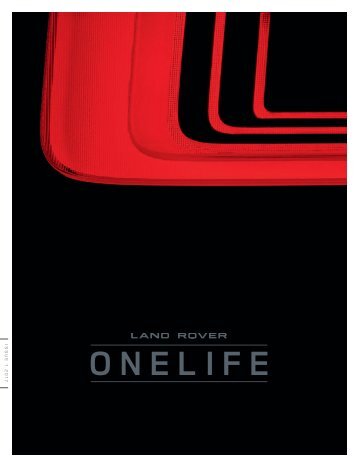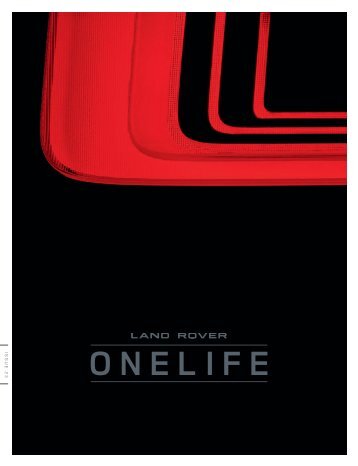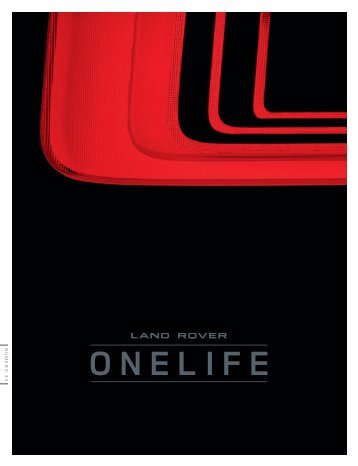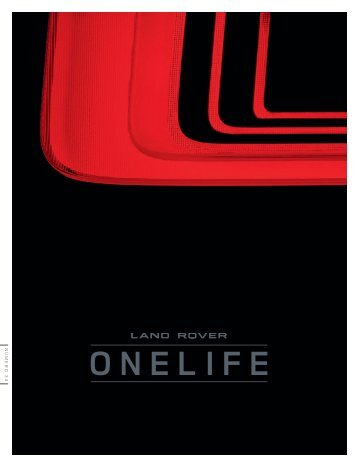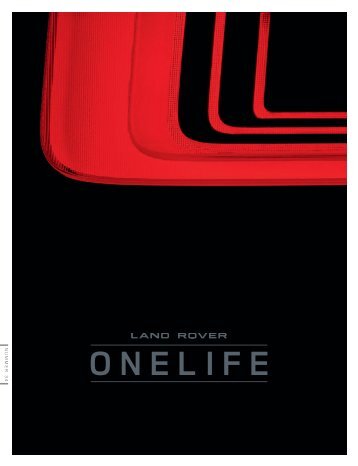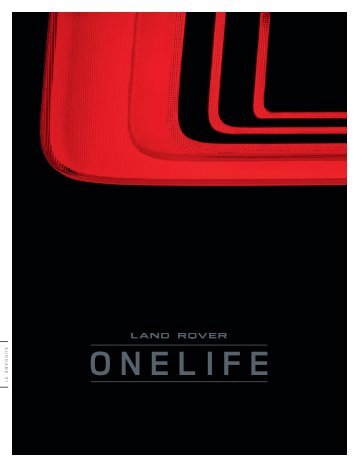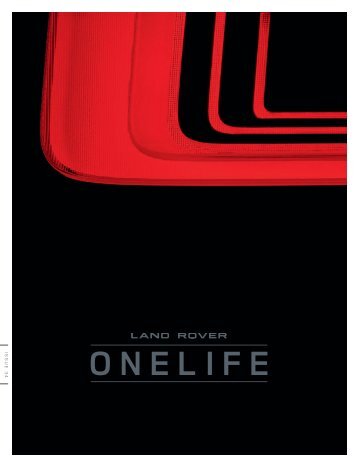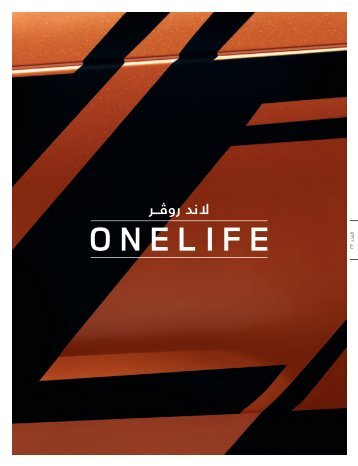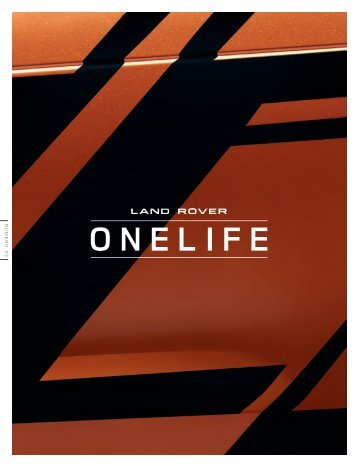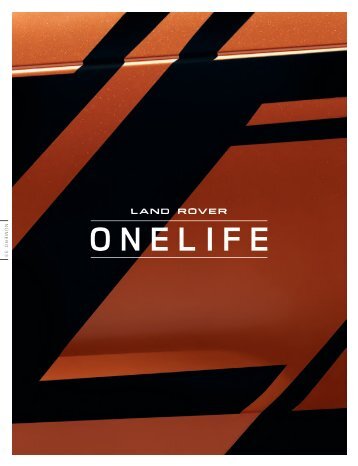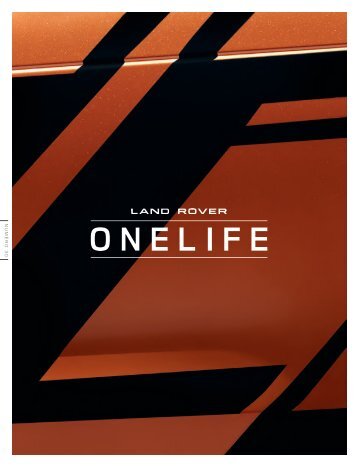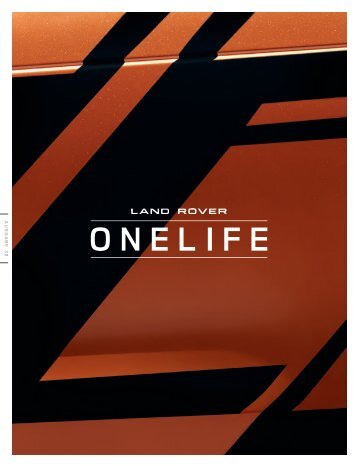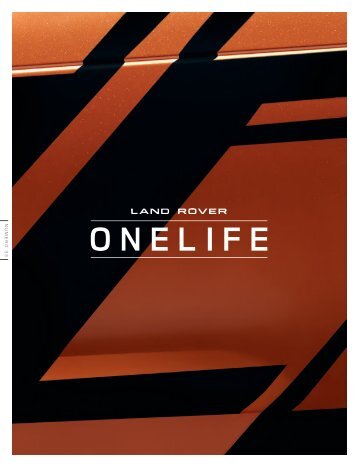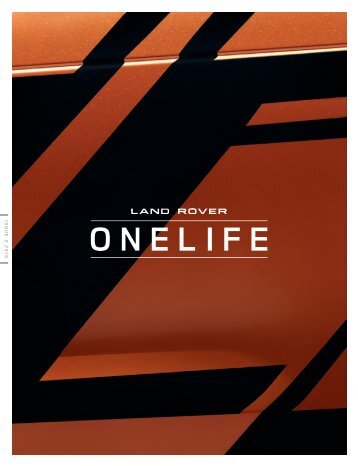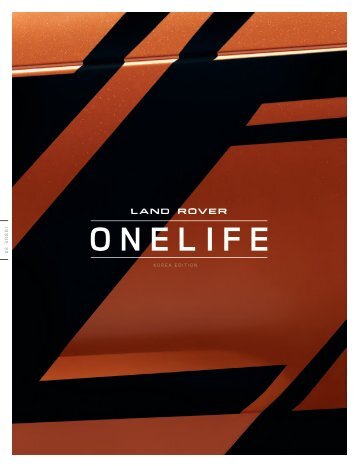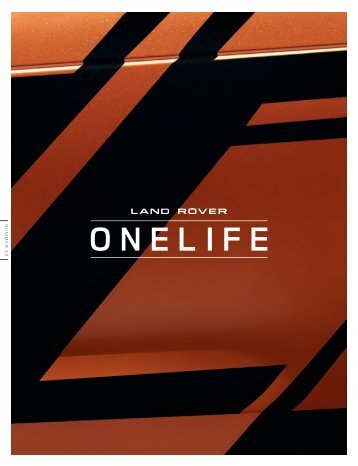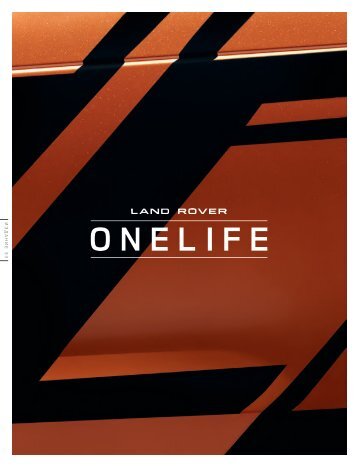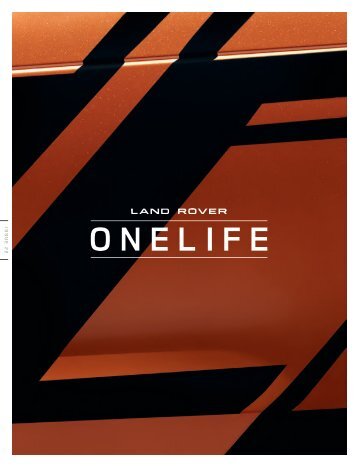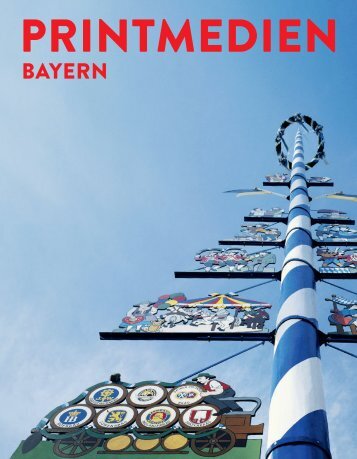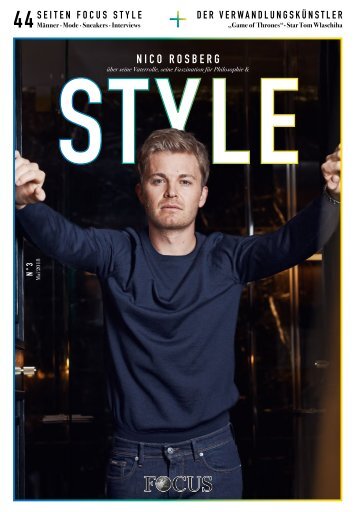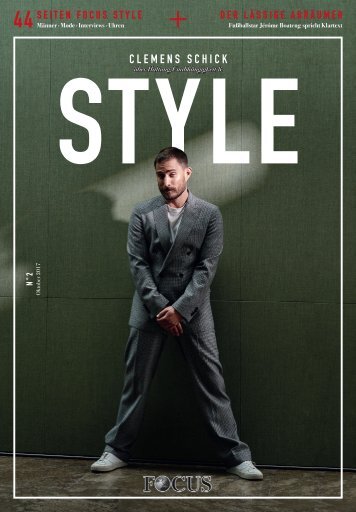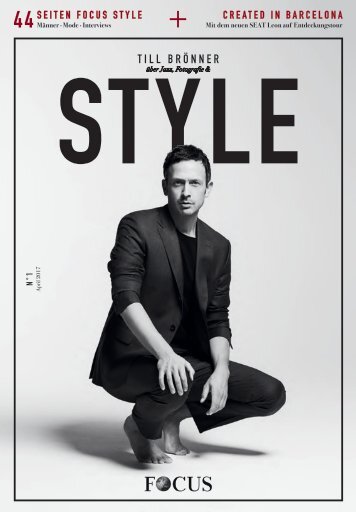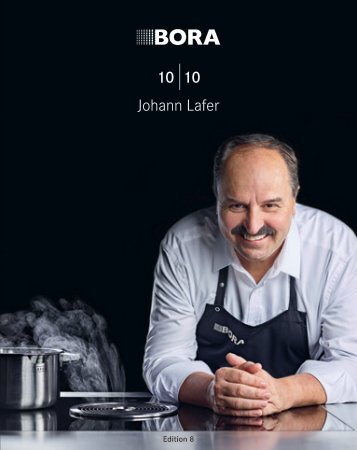BORA Magazin – Englisch
- Text
- Cycling
- Hansgrohe
- Bora
- Cooktop
- Extractor
- Ceramic
- Zones
- Kitchens
- Display
- Stainless
- Induction
- Technical
EXPERIENCE INTERVIEW
EXPERIENCE INTERVIEW “Design is a central part of our company, but also a matter of the heart.” WILLI BRUCKBAUER And what do you regard as the key trends in the kitchen sector right now? Peter Zec: Many people regard the kitchen as the centre of their home and a kind of status symbol. Open-plan kitchens not only provide places for people to cook, but also to live. As such, kitchens have to meet customised requirements to a tee. When furnishing kitchens, as much attention is paid to high-quality materials as to energy efficiency and new solutions such as downdraft extractors integrated into the cooktop. ‘Smart’ kitchen appliances such as refrigerators and ovens are also increasingly establishing themselves. Willi Bruckbauer: If I may interject here... The Bavarian television company ‘BR Fernsehen’ recently came to visit us in Raubling and filmed a programme about the ‘Kitchen as an altar’. It was about exceptionally high-quality kitchens, which, as you’d expect, were far more expensive than your conventional kitchen. We have clearly noticed that there are huge numbers of these now. It may therefore be true that the kitchen has overtaken the car as a status symbol. However, the TV programme, which showed BORA products installed in the kitchens, took things even further. Namely: the kitchen is a place that can emanate an almost reverent, sacral feel as a result of its character and its extraordinary design and furnishings. That’s the theory anyway. And in reality, our planners see this approach reflected in customers’ wishes. They want products that can be incorporated into their kitchen in a subtle, refined and unobtrusive manner, but with a touch of uniqueness. And BORA seems to have made a name for itself on the market in this regard. However, this is only our intention to a superficial extent. Aside from all the beauty, elegance and extravagance, the kitchen can and must always remain a place for the family, somewhere to socialise and part of real life. A hearth at which everyone can warm themselves. Peter Zec: I’d like to add something else too: the perfect combination of aesthetics, technology and practical use plays a major role in kitchen design. ‘Made in Germany’ therefore has a special appeal because it is associated with excellent product quality, which is particularly sought-after in the kitchen sector as kitchen furnishings and appliances are usually things that you buy to last. Let’s take a brief look further down the line. What basic innovations can we expect to nd in the itchens of the ftre Peter Zec: It’s impossible to give a general answer that is valid across all product categories. However, I believe that kitchens will be increasingly characterised by automated appliances with sophisticated voice and analysis functions. Digital assistants will be increasingly integrated into products. Even today, ovens have built-in sensor technology and many kitchen appliances can be controlled using apps on mobile end devices such as tablets 54 BORA MAGAZINE
INTERVIEW EXPERIENCE or smartphones. Robotics and computer and information technologies will in all events play important roles, especially as there will be exciting symbioses with other products. Simply think about how many individual devices the smartphone already combines today. Focus will also have to be placed on social and environmental matters. Despite all the technical possibilities the future will offer, it is extremely important for designers to retain their focus on people. This particularly applies when appliances are ever more frequently characterised by highly complex internal processes yet external minimalism and simplicity. A balanced mix of modern technology and emotional needs is a particularly important design element – including in the kitchen sector. Willi Bruckbauer: I completely agree. The kitchen market is developing at an incredible pace. Who knows what currently unimaginable things will be regarded as the norm in ten years’ time? The best example of this can be provided by looking to the past. We said that we wanted to revolutionise kitchens. Vapours should be extracted downwards, not float up into the nostrils. uch a simple principle, yet no-one initially wanted to join us in our pursuit of it. Today, however, our extractors have become the norm; it has taken less than a decade for the principle to take off. As you can see, it’s the seemingly simple, the easy to explain that ultimately impresses. Our products naturally incorporate sophisticated technology and we work hard to develop innovations, but we don‘t plan to create extractors that you can simultaneously pair with your telephone, garage door, television, window blinds, burglar alarm and possibly even your electric lawnmower. To put it simply, what I’m trying to say is that regardless of all the possibilities, when working on our future developments, our primary focus will still be on people. And in addition to all the theoretical possibilities, people like our products to be impressively effective and simple to use. After all, the kitchen isn’t a research laboratory for tech-savvy chefs who use high-tech gadgets rather than vegetables, but a place of enjoyment, pleasure and sensuality. Despite all the sophisticated technology, which is actually already found in BORA products, all of our new developments are therefore based on the notion: keep it simple and intuitive. That leads me to a question: do kitchens and cooking play much of a role in your private life? Peter Zec: As a passionate amateur chef and co-owner of a Michelin-star restaurant in Berlin, I love to cook high-quality dishes in my own time. I had a clean and compelling stainless steel professional kitchen with a customised design built for me in Italy, which would fulfil the needs of any Michelin-star chef. In terms of food, I love the variety offered by Asian cuisine, which uses lots of fresh ingredients. I’m also a great fan of Mediterranean dishes. I enjoy classics like antipasti or tortellini as much as I do a perfectly cooked steak. I also appreciate the great importance of spending time with others while eating and the sociable side of meals. Do you think about good design when serving food? Peter Zec: In a word: yes! As with a product, allure plays a great role in the enjoyment of food: meals have to look appetising. Willi Bruckbauer: For me, the way things look is very important. There’s no doubt about it. But what comes first for me is the process of actually going shopping. I pay careful attention to buying good food of high quality. I come for Rosenheim and check that products have been sourced regionally wherever possible. As a Bavarian, I naturally also like to sit in a beer garden with a beer and pretzels. owever, I find it far more important to cook at home, especially with my family. I love teaching our youngest children the value of a good diet. I should probably mention that I do this in the company too. We’ve established a voluntary staff cooking event with a simple rule: I’ll gladly foot the bill providing whatever is served is healthy. I’m not some kind of missionary but when you’re passionate about cooking and your work in the kitchen sector, this is important. I also believe that good food keeps you healthy. To return to a term we used earlier, this isn’t then a zeitgeist, but simply about keeping things tasty and reasonable. This isn’t a combination that can be taken for granted. Mr Bruckbauer, Professor Zec: from design to technology to cooking – thank you for the interview. BORA MAGAZINE 55
- Seite 1:
Magazine 02 | 2017 Professional 2.0
- Seite 4 und 5: BORA Product BORA Experience Interv
- Seite 7 und 8: BORA Product The BORA principle 8 B
- Seite 9 und 10: BORA PRINCIPLE PRODUCT The BORA pri
- Seite 11 und 12: BORA PROFESSIONAL 2.0 PRODUCT BORA
- Seite 13 und 14: BORA PROFESSIONAL 2.0 PRODUCT The n
- Seite 15 und 16: BORA PROFESSIONAL 2.0 PRODUCT With
- Seite 17 und 18: BORA PROFESSIONAL 2.0 PRODUCT PKA/P
- Seite 19 und 20: BORA PROFESSIONAL PRODUCT BORA MAGA
- Seite 21 und 22: BORA PROFESSIONAL PRODUCT The solid
- Seite 23 und 24: BORA PROFESSIONAL PRODUCT You can c
- Seite 25 und 26: BORA PROFESSIONAL PRODUCT PL540E BO
- Seite 27 und 28: BORA CLASSIC PRODUCT BORA MAGAZINE
- Seite 29 und 30: BORA CLASSIC PRODUCT BORA Classic:
- Seite 31 und 32: BORA CLASSIC PRODUCT The following
- Seite 33 und 34: BORA CLASSIC PRODUCT CKASE BORA coo
- Seite 35 und 36: BORA BASIC PRODUCT BORA Basic The r
- Seite 37 und 38: BORA BASIC PRODUCT Everything under
- Seite 39 und 40: BORA BASIC PRODUCT The multi-layere
- Seite 41 und 42: BORA BASIC PRODUCT BFIA/BFIU 830 ×
- Seite 43 und 44: BORA BASIC PRO PRODUCT Large cookin
- Seite 45 und 46: BORA SYSTEM PRODUCT BORA MAGAZINE 4
- Seite 47: ADVANTAGES PRODUCT Fresh air Cookin
- Seite 50 und 51: EXPERIENCE INTERVIEW GOOD DESIGN Te
- Seite 52 und 53: EXPERIENCE INTERVIEW “Design is a
- Seite 56 und 57: EXPERIENCE CYCLING German CHAMPIONS
- Seite 58 und 59: EXPERIENCE CYCLING Over the last tw
- Seite 60 und 61: EXPERIENCE CYCLING Dynamic duo: Ces
- Seite 62 und 63: EXPERIENCE CYCLING “Peter isn’t
- Seite 64 und 65: EXPERIENCE PORTRAIT THE FINE ART of
- Seite 66 und 67: EXPERIENCE PORTRAIT he identifies s
- Seite 68 und 69: EXPERIENCE ARCHITECTURE The festiva
- Seite 70 und 71: EXPERIENCE ARCHITECTURE he iennese
- Seite 72 und 73: EXPERIENCE TREND REPORT Customised
- Seite 74 und 75: EXPERIENCE TREND REPORT Barbara Fri
- Seite 76 und 77: lassic architect’s house ietrich
- Seite 78 und 79: EXPERIENCE TREND REPORT The ‘Matr
- Seite 80 und 81: EXPERIENCE RECIPES SPEEDY MEALS fro
- Seite 82 und 83: EXPERIENCE RECIPES Pea & matcha tea
- Seite 84 und 85: EXPERIENCE KITCHEN DESIGN KITCHENS
- Seite 86 und 87: EXPERIENCE KITCHEN DESIGN A look b
- Seite 88 und 89: EXPERIENCE KITCHEN DESIGN A D ARA
- Seite 90 und 91: EXPERIENCE BORA REVOLUTION TOUR 90
- Seite 92 und 93: EXPERIENCE BORA REVOLUTION TOUR DÜ
- Seite 94 und 95: EXPERIENCE BORA REVOLUTION TOUR The
- Seite 96 und 97: TV chefs Andi and Alex broadcast se
- Seite 98 und 99: EXPERIENCE uring the evolution our
- Seite 100 und 101: EXPERIENCE BORA AWARDS Award winnin
- Seite 103 und 104: BORA Technology BORA Professional 2
- Seite 106 und 107:
I . BORA rofessional . • lectrica
- Seite 108 und 109:
I . PKFI11 BORA surface induction g
- Seite 110 und 111:
I . PKC32 BORA HiLight glass cerami
- Seite 112 und 113:
TECHNOLOGY BORA PROFESSIONAL BORA P
- Seite 114 und 115:
TECHNOLOGY BORA PROFESSIONAL PFI11
- Seite 116 und 117:
I BORA Classic • inimalistic, ush
- Seite 118 und 119:
I CFI11 BORA surface induction glas
- Seite 120 und 121:
TECHNOLOGY BORA BASIC BORA Basic
- Seite 122 und 123:
TECHNOLOGY BORA BASIC BIA BORA indu
- Seite 124 und 125:
TECHNOLOGY BORA SYSTEM BORA System
- Seite 126 und 127:
TECHNOLOGY BORA SYSTEM Exhaust duct
- Seite 128 und 129:
TECHNOLOGY BORA SYSTEM RA air prica
- Seite 130 und 131:
TECHNOLOGY BORA SYSTEM Exhaust syst
- Seite 132 und 133:
TECHNOLOGY BORA SYSTEM BORA Profess
- Seite 134 und 135:
5 R5 TECHNOLOGY BORA SYSTEM BORA Cl
- Seite 137 und 138:
BORA SYSTEM TECHNOLOGY Warranty ext
- Seite 139 und 140:
Lukas Pöstlberger : winner of the
Unangemessen
Laden...
Magazin per E-Mail verschicken
Laden...
Einbetten
Laden...
IMPRESSUM
STORYBOARD GMBH
WILTRUDENSTRASSE 5
D-80805 MÜNCHEN
FON +49 (0)89 - 9010976 - 10
FAX +49 (0)89 - 9010976 - 68
MAIL: INFO@STORYBOARD.DE
DATENSCHUTZ
AG MÜNCHEN HRB 192756
GESCHÄFTSFÜHRER:
DR. MARKUS SCHÖNMANN, CHRISTINE FEHENBERGER, MARIE BRESSEM
USTID: DE 278105991

